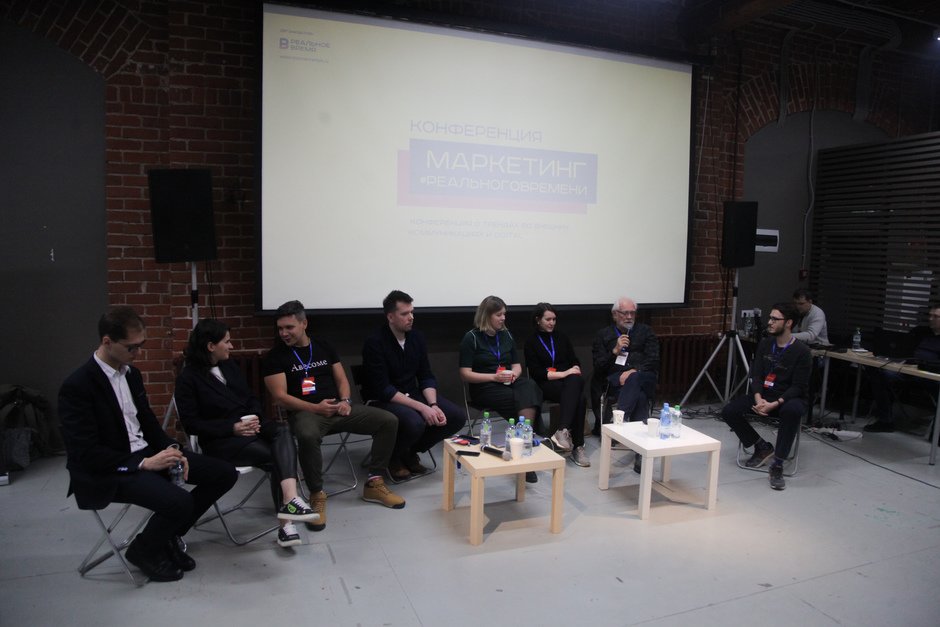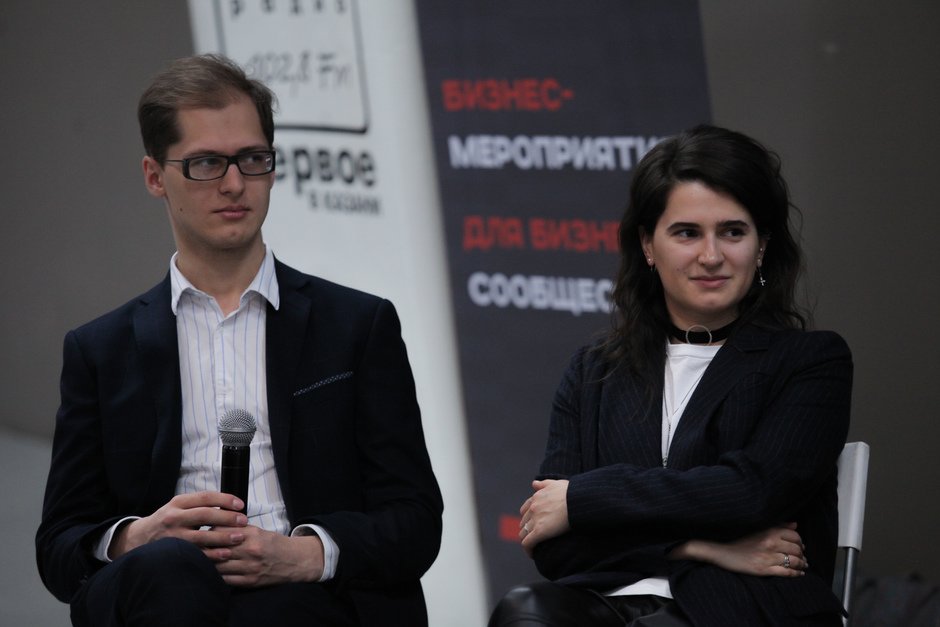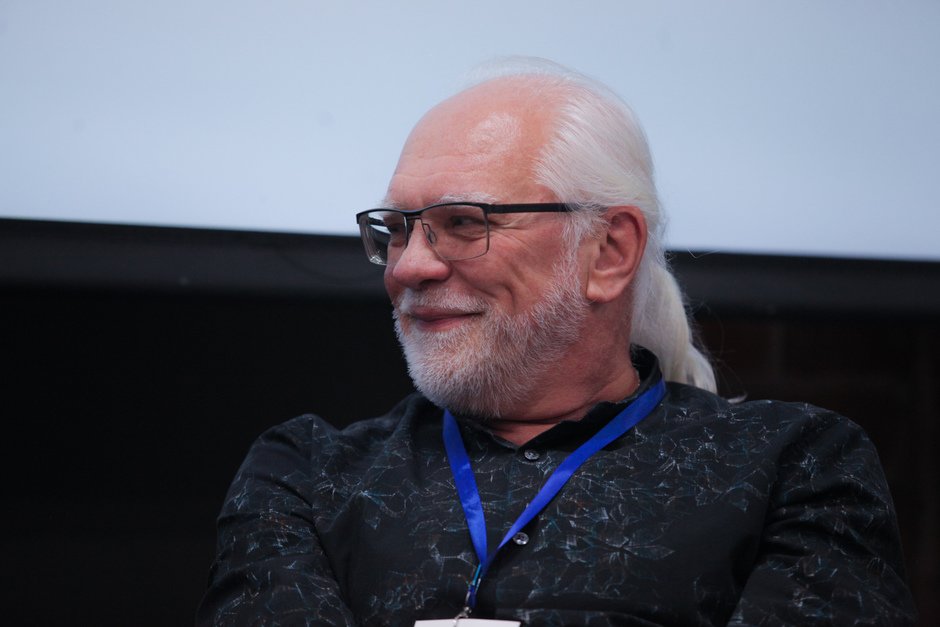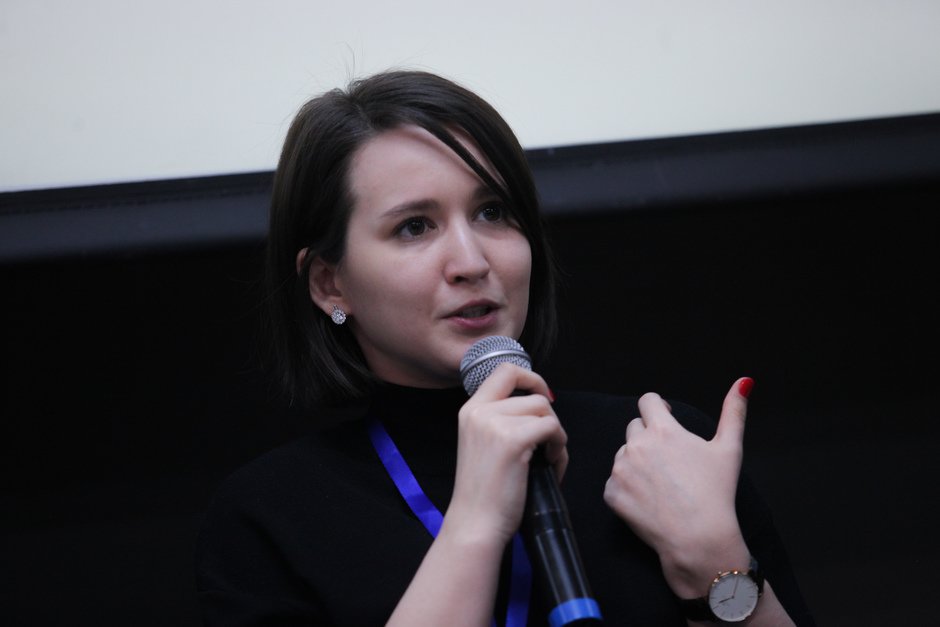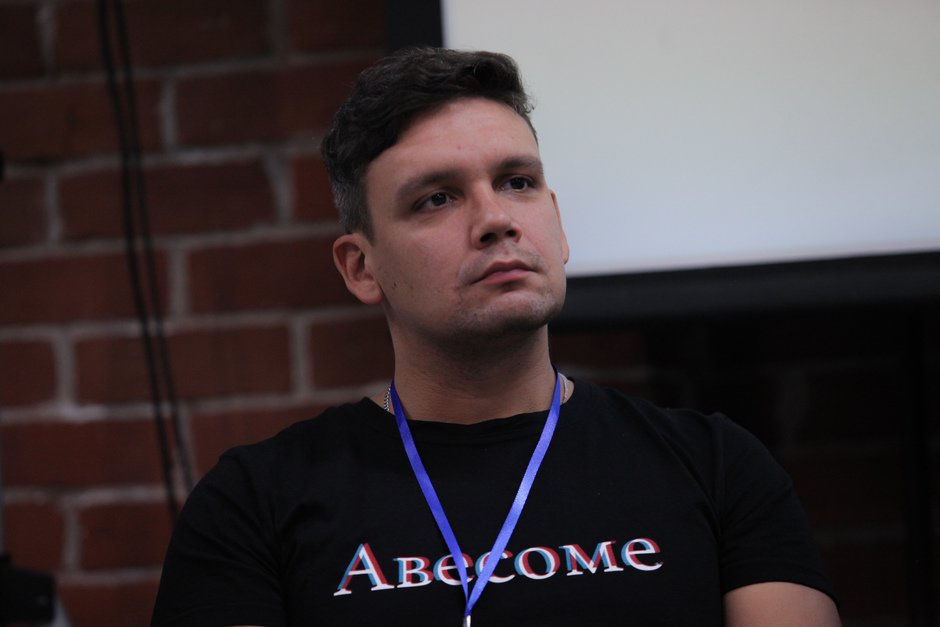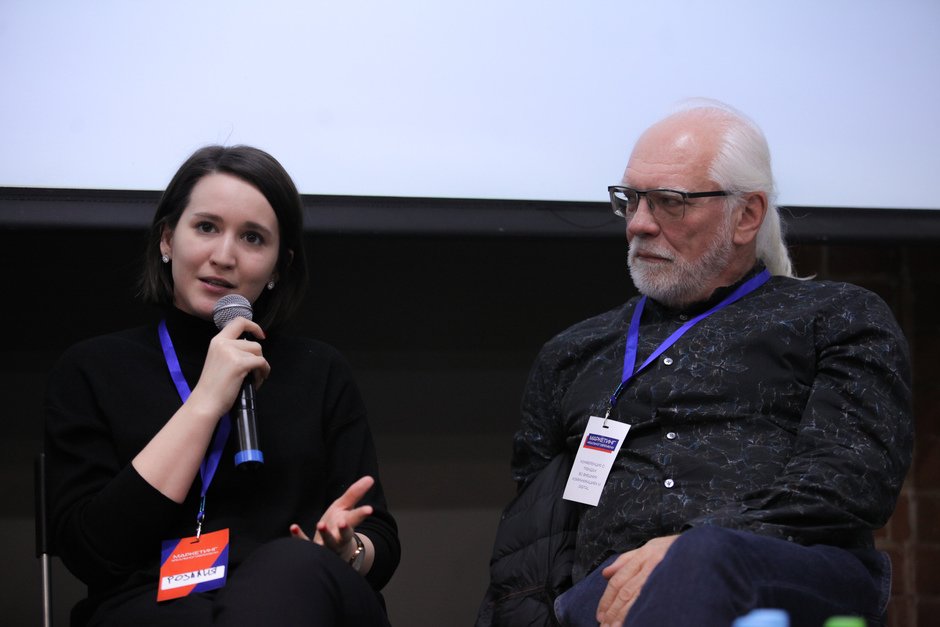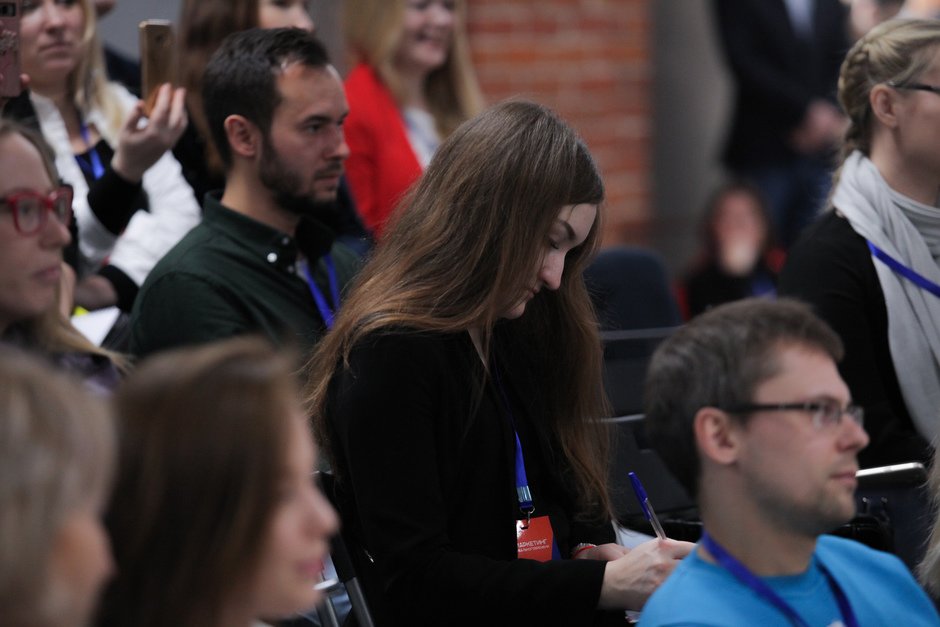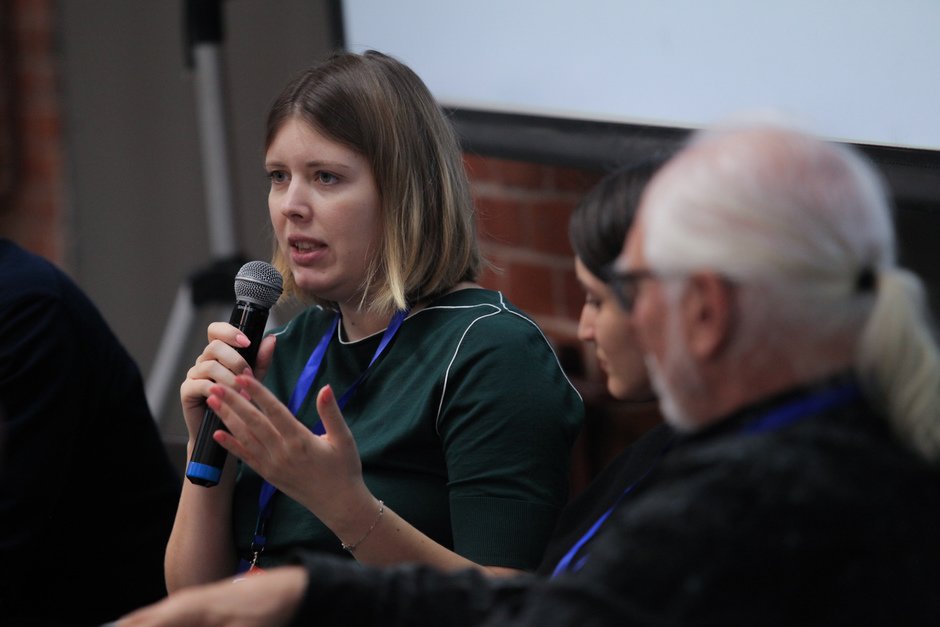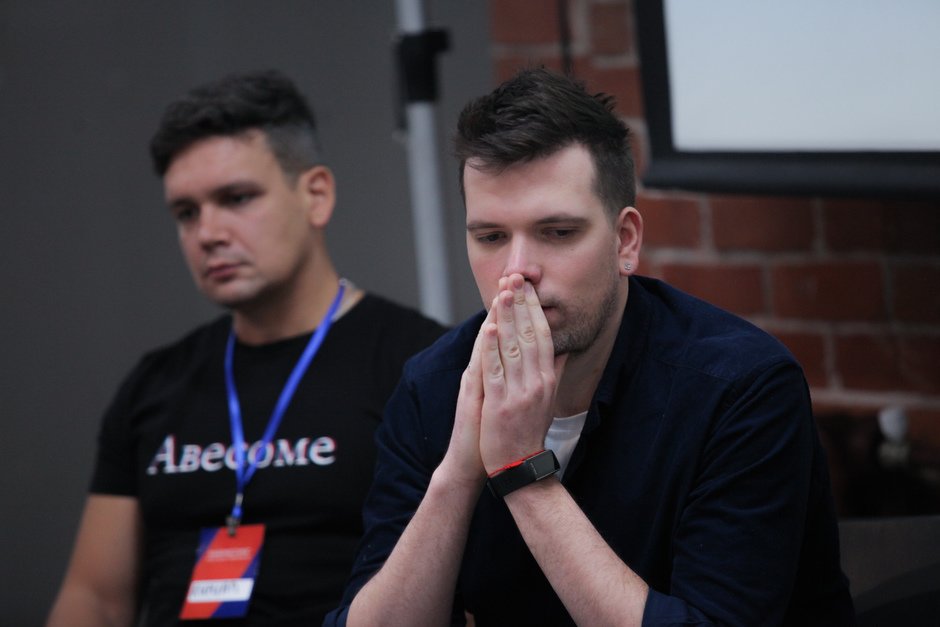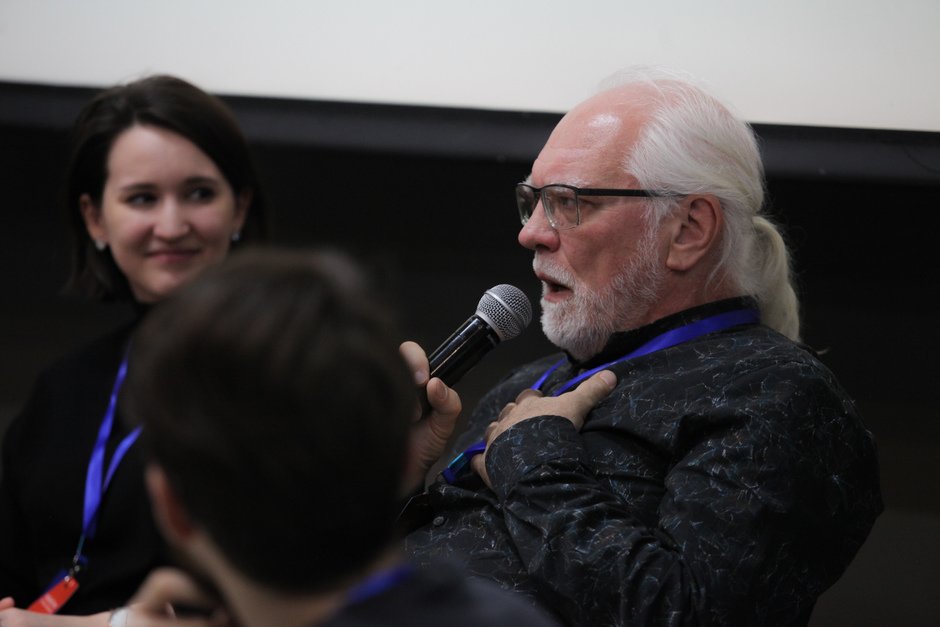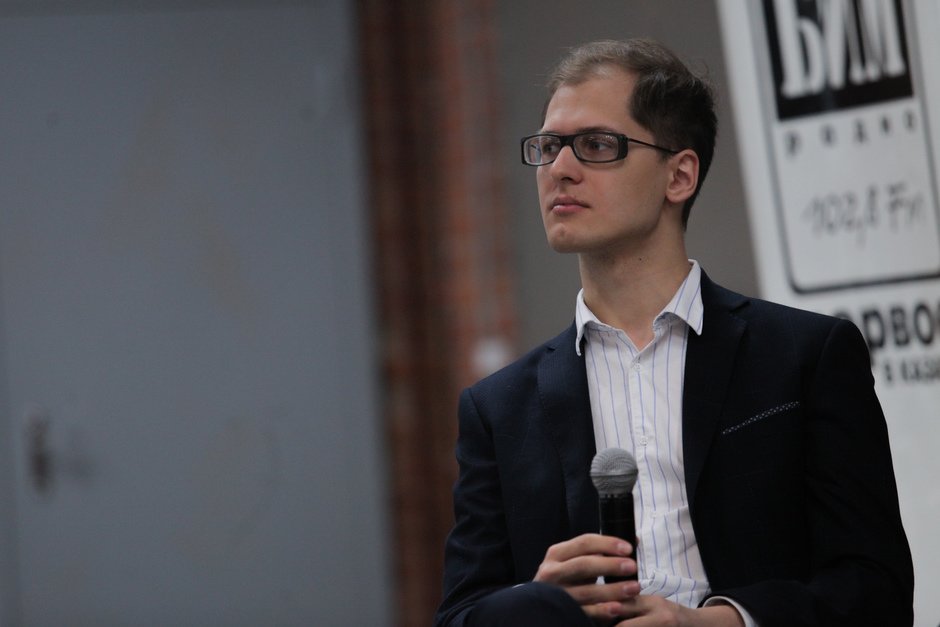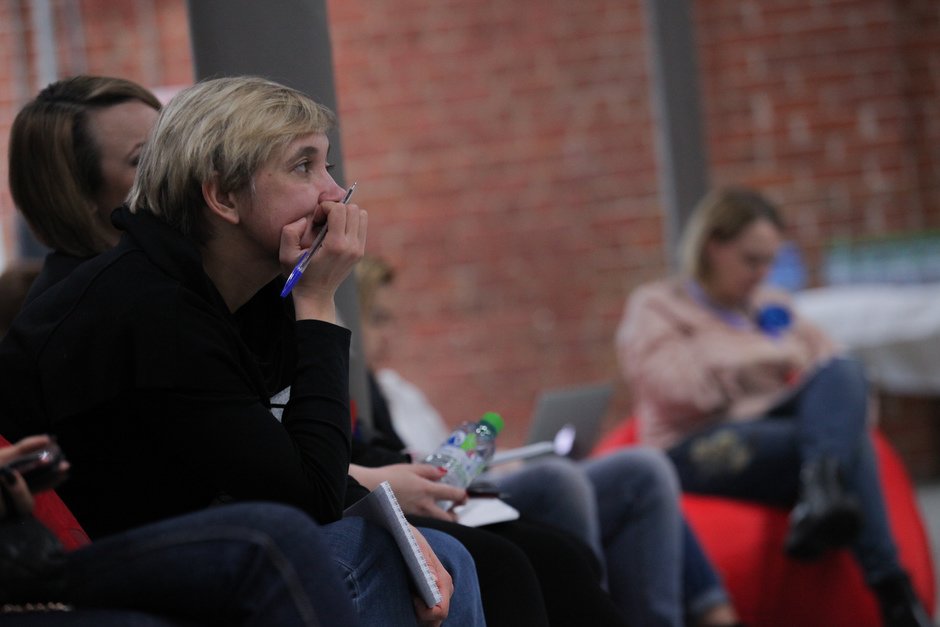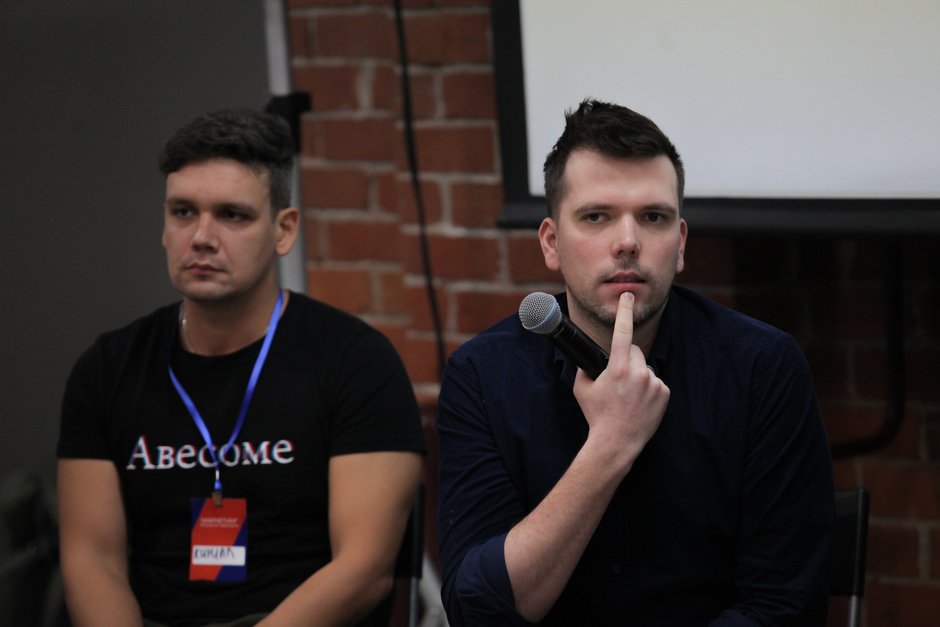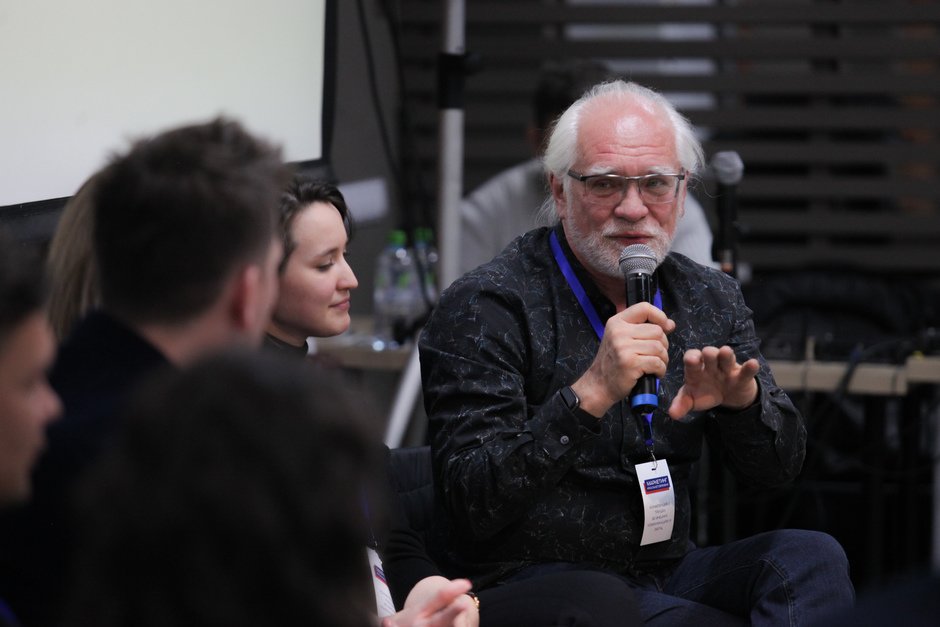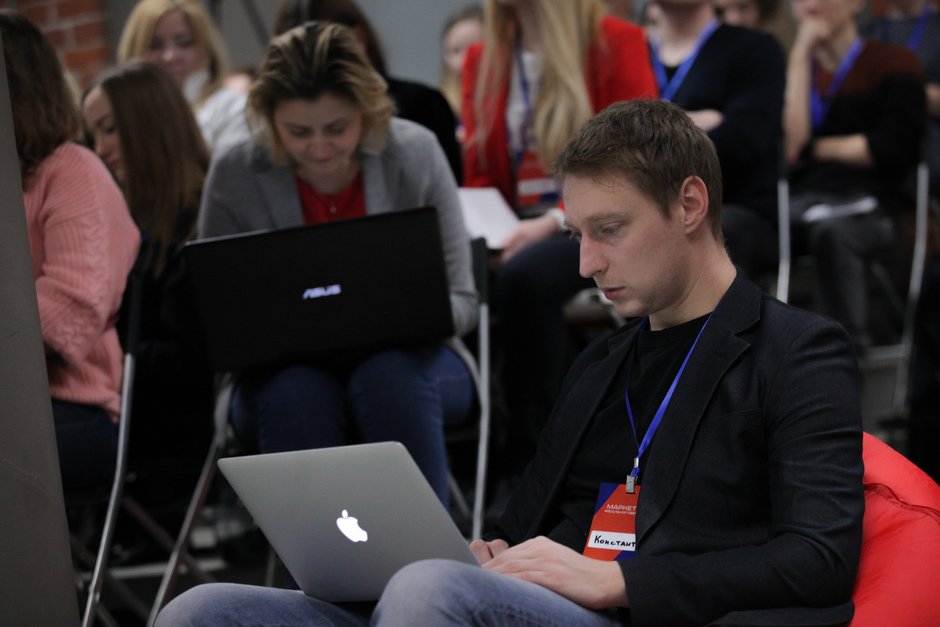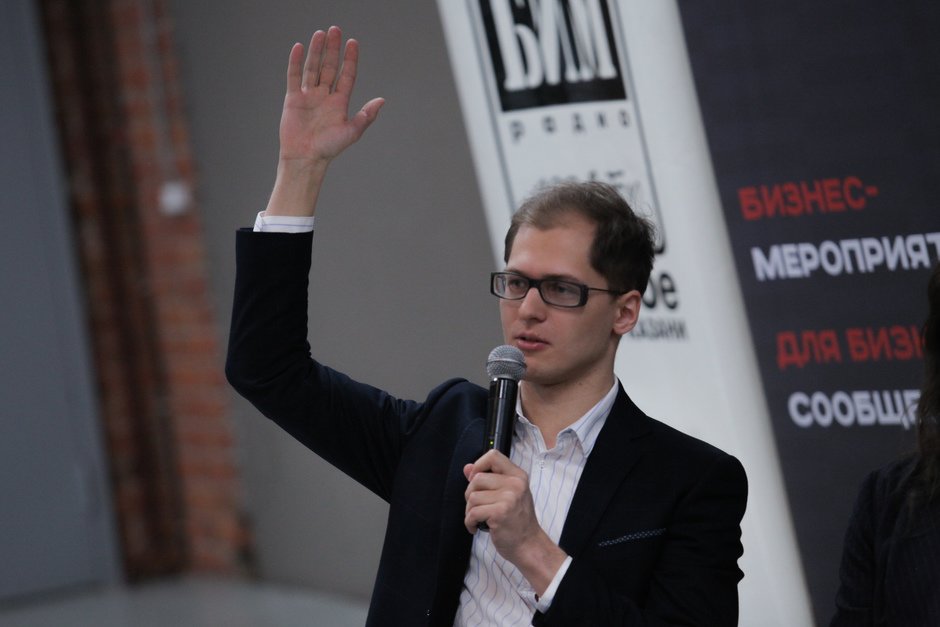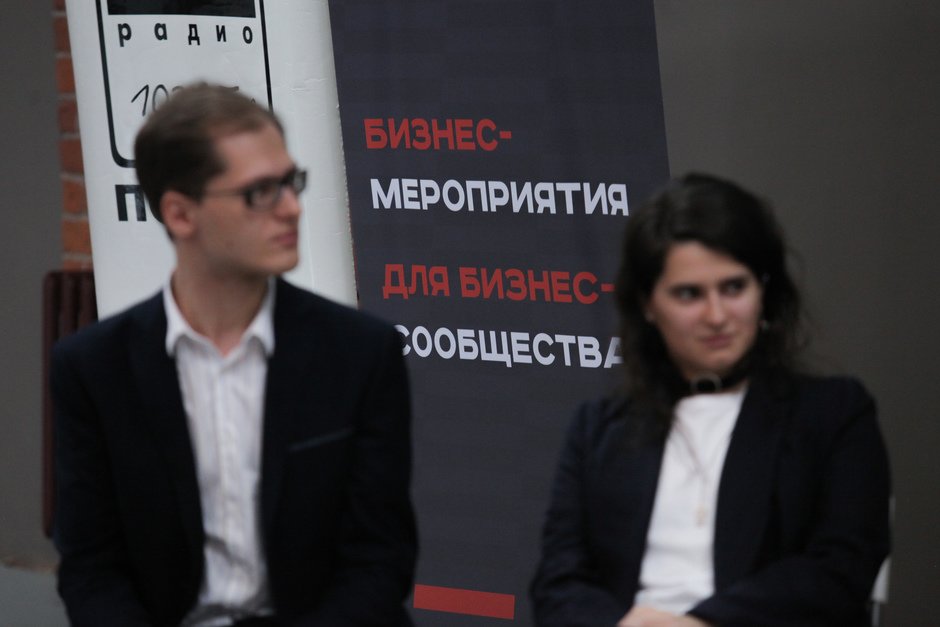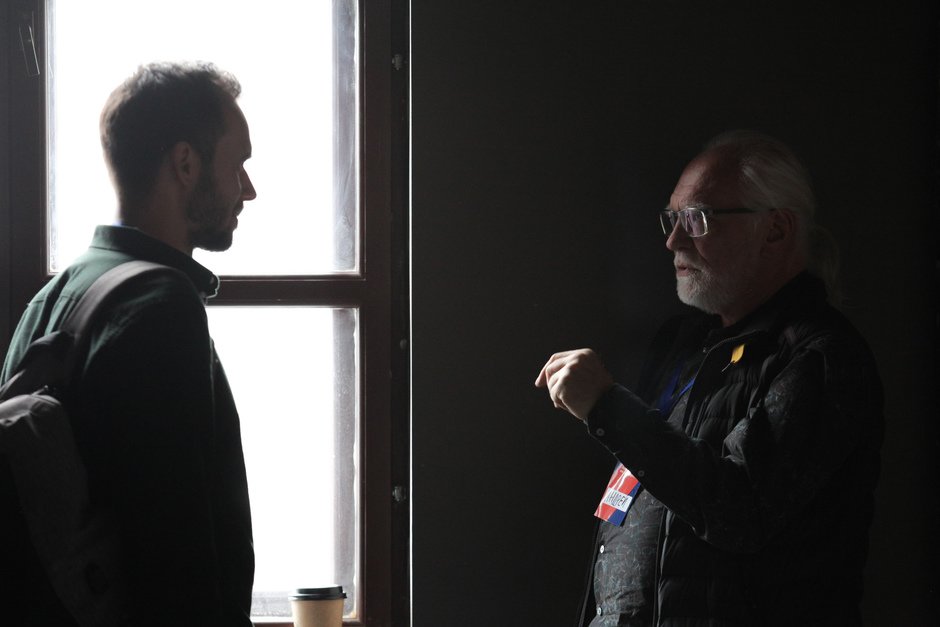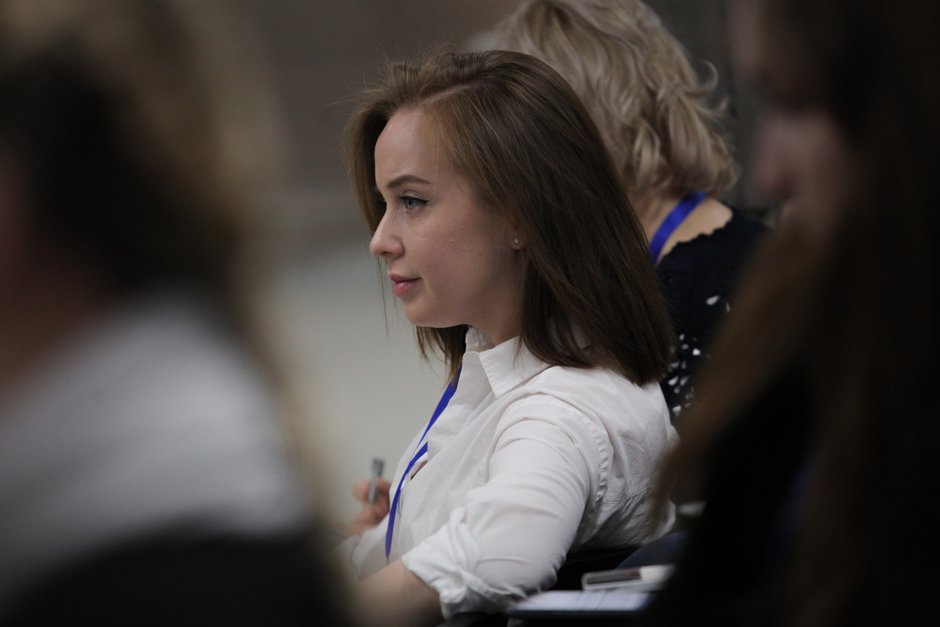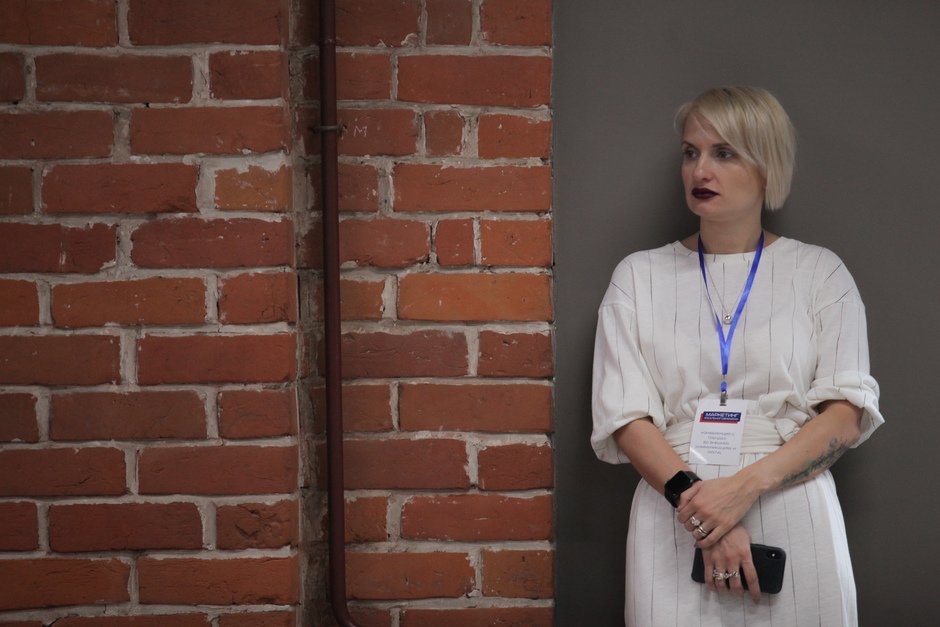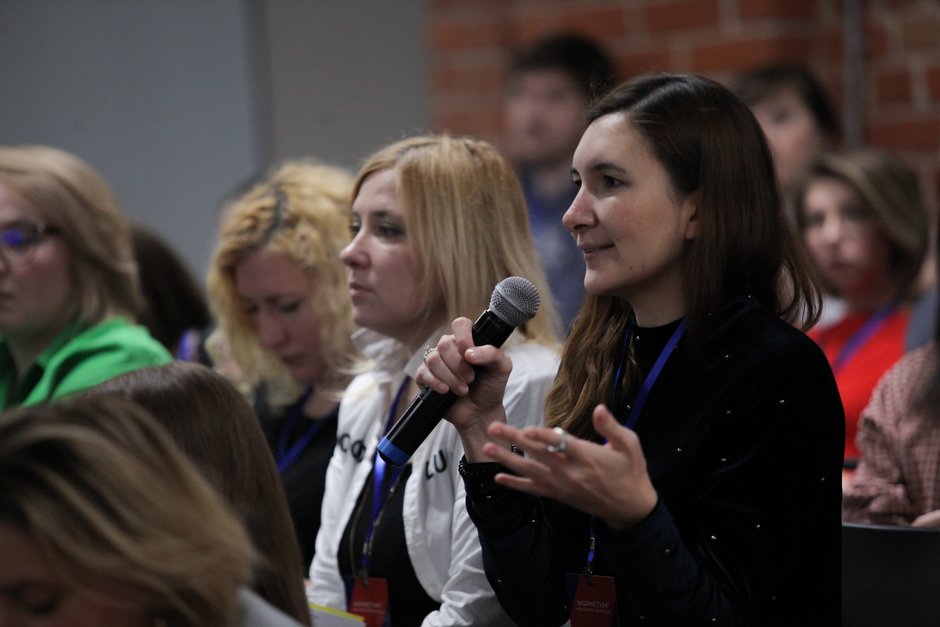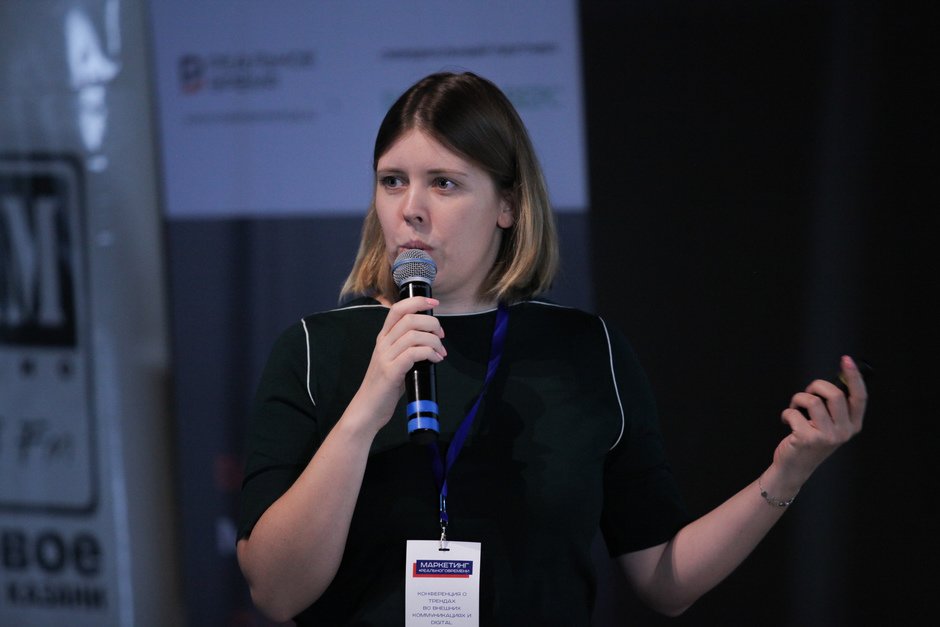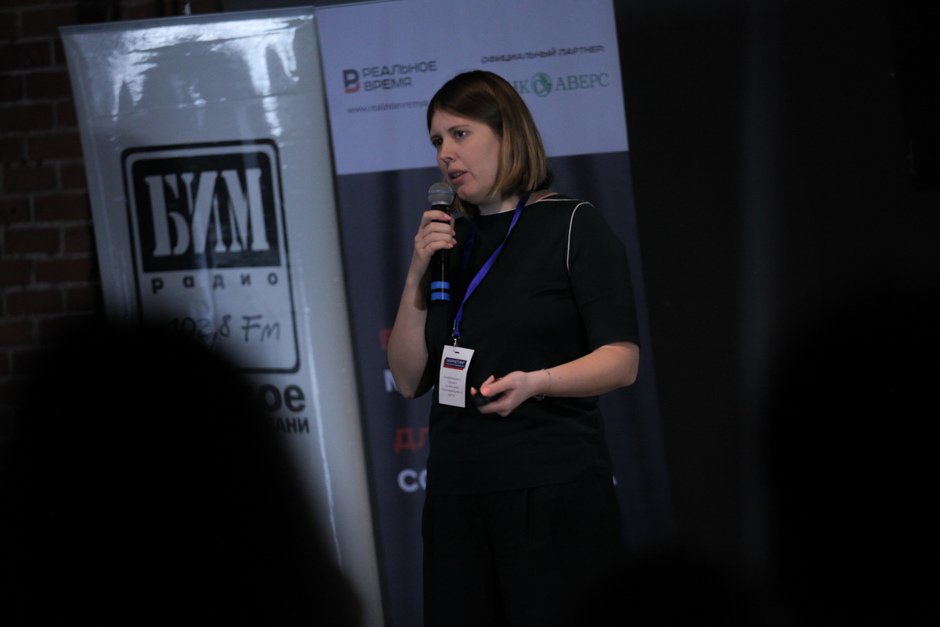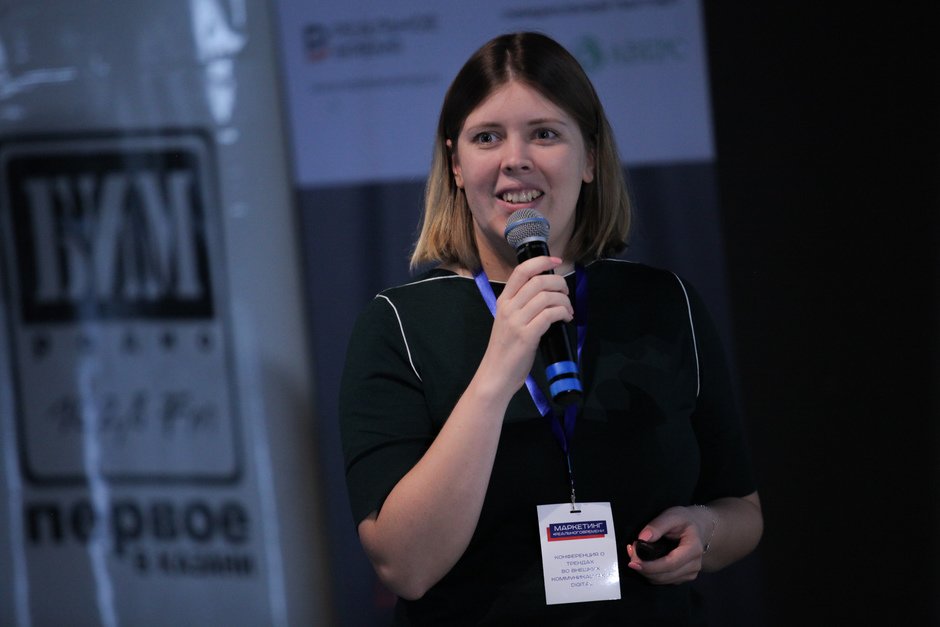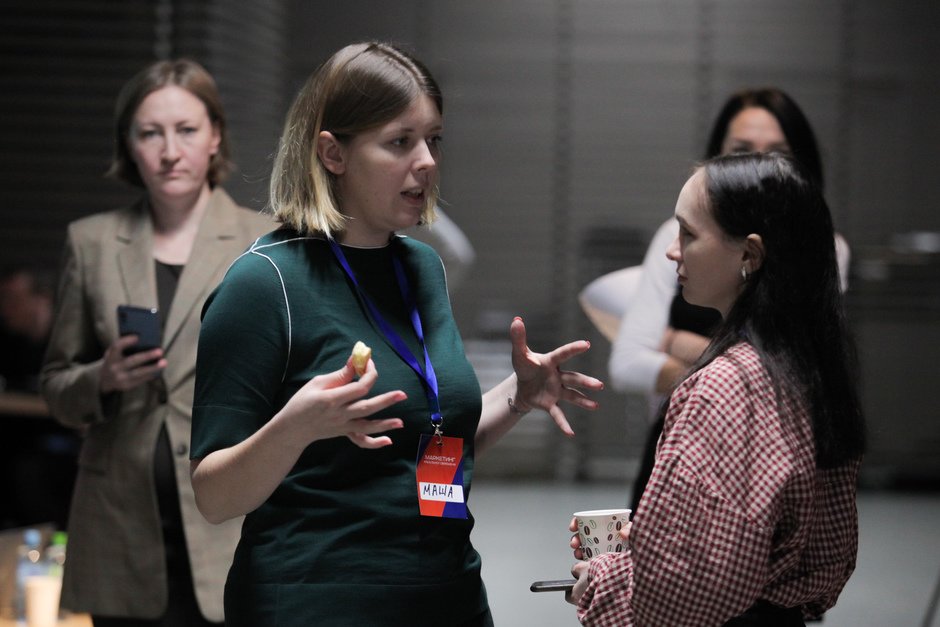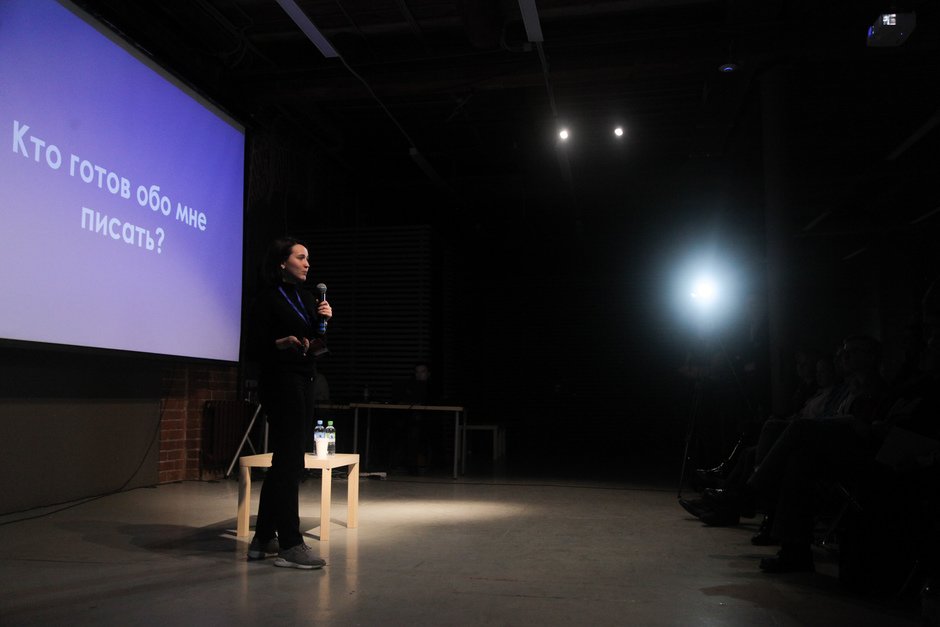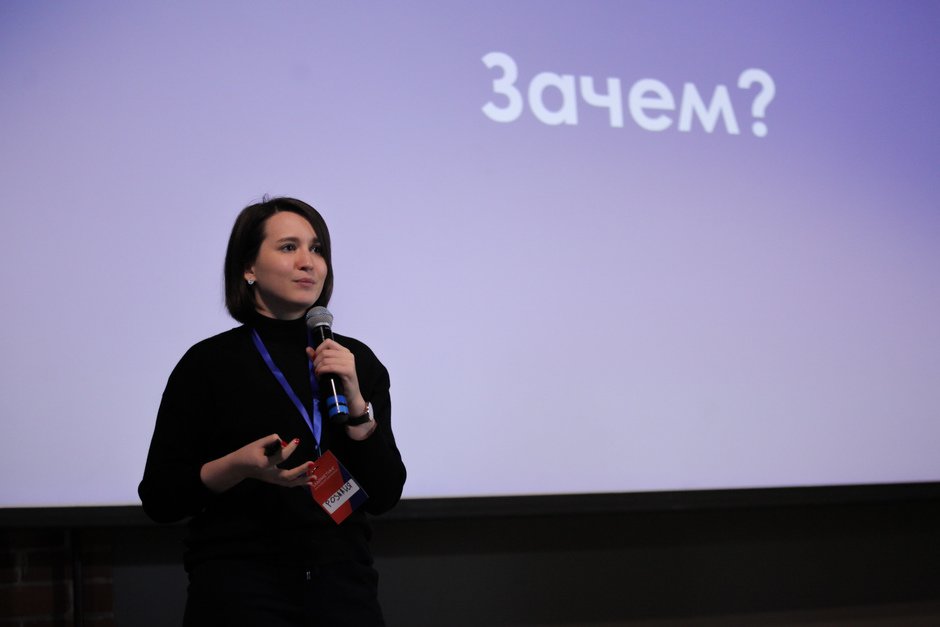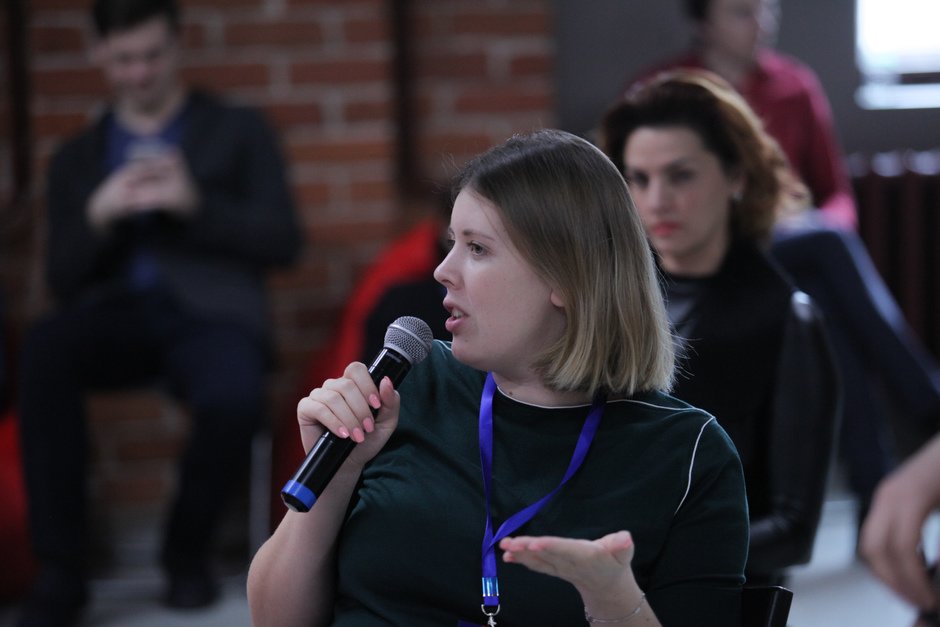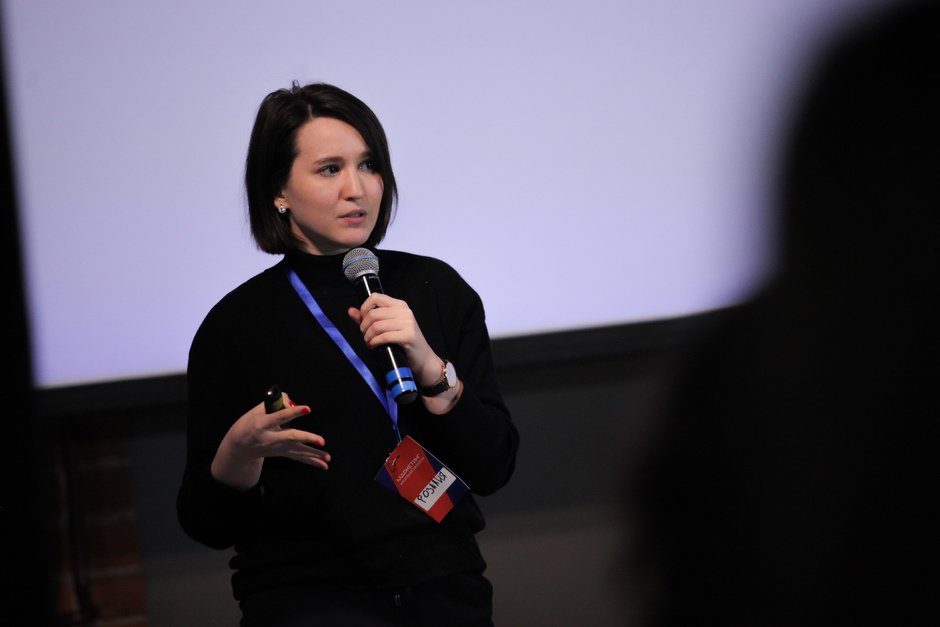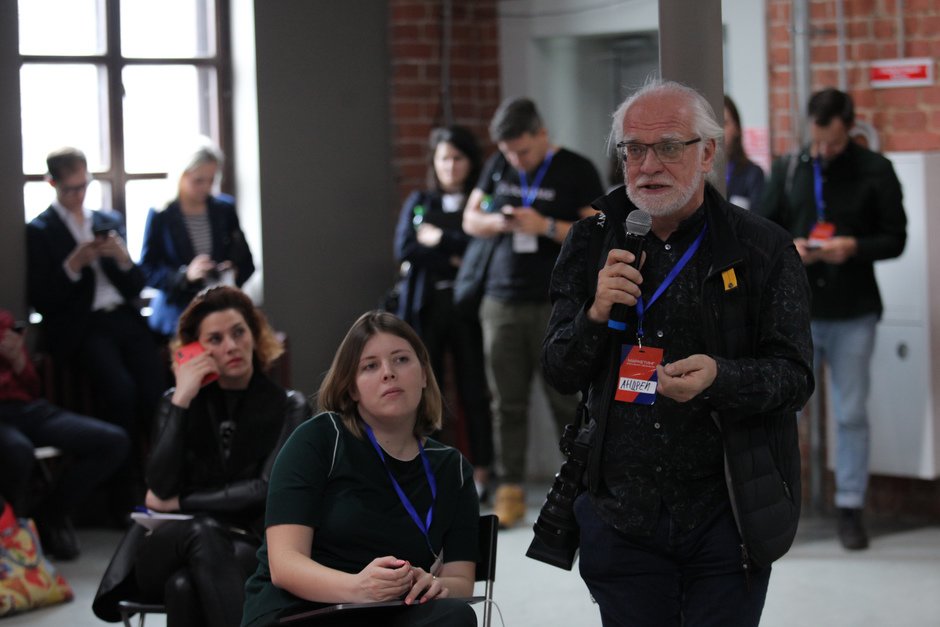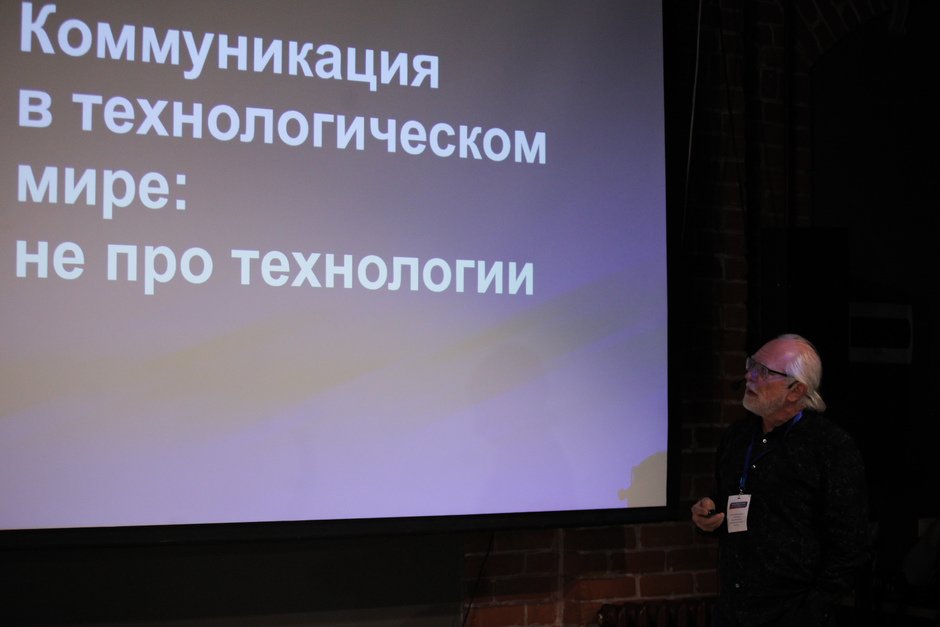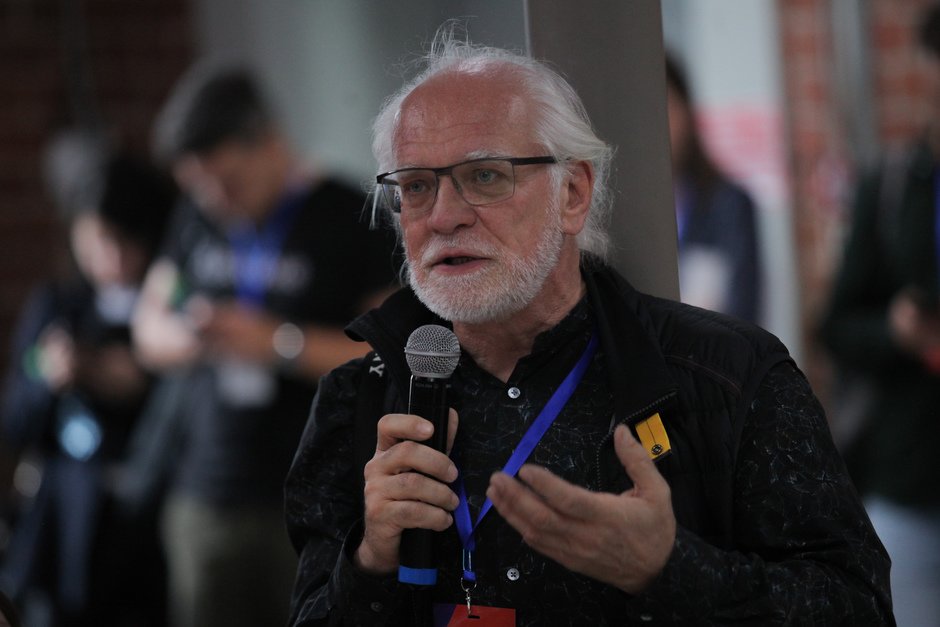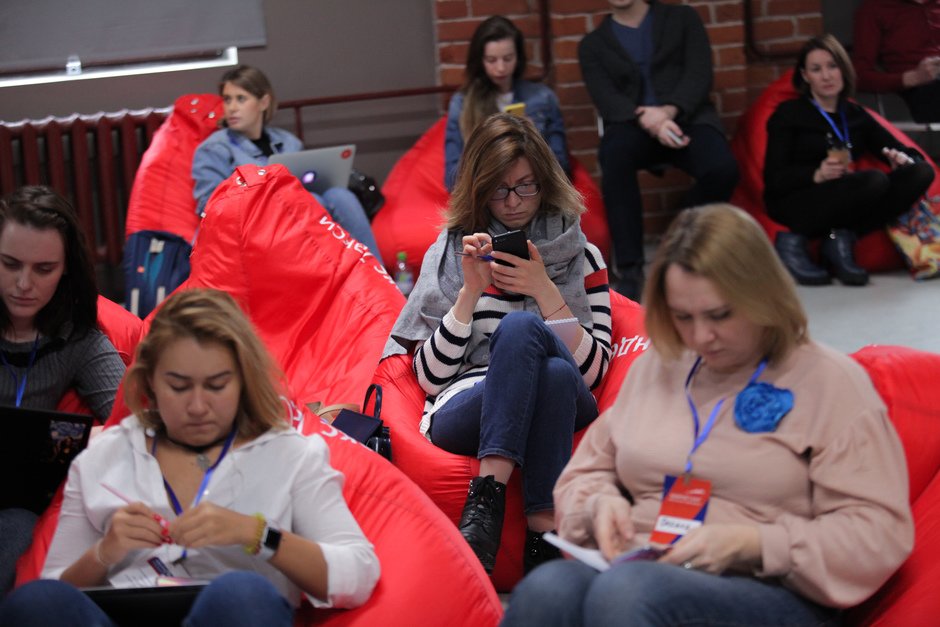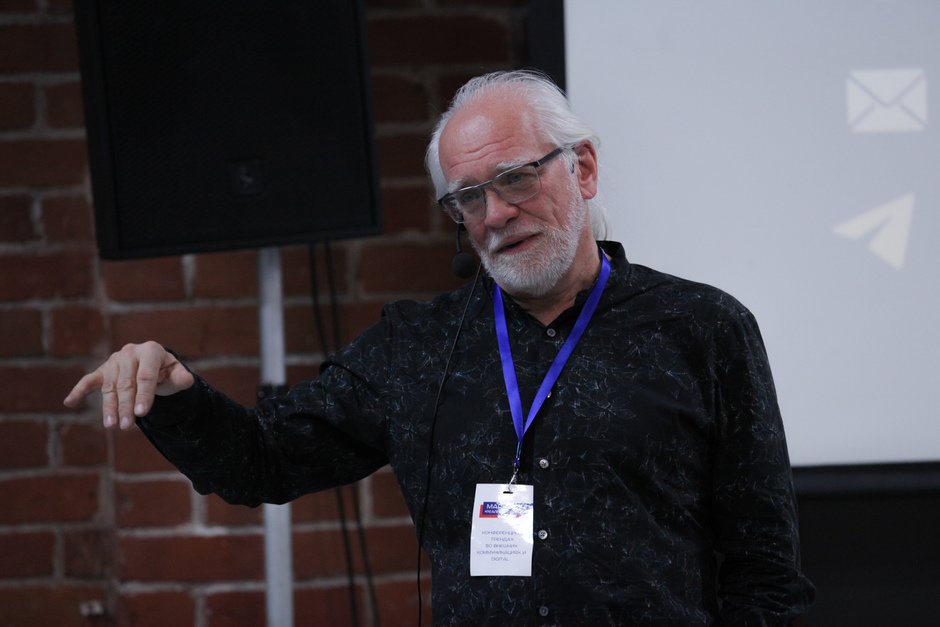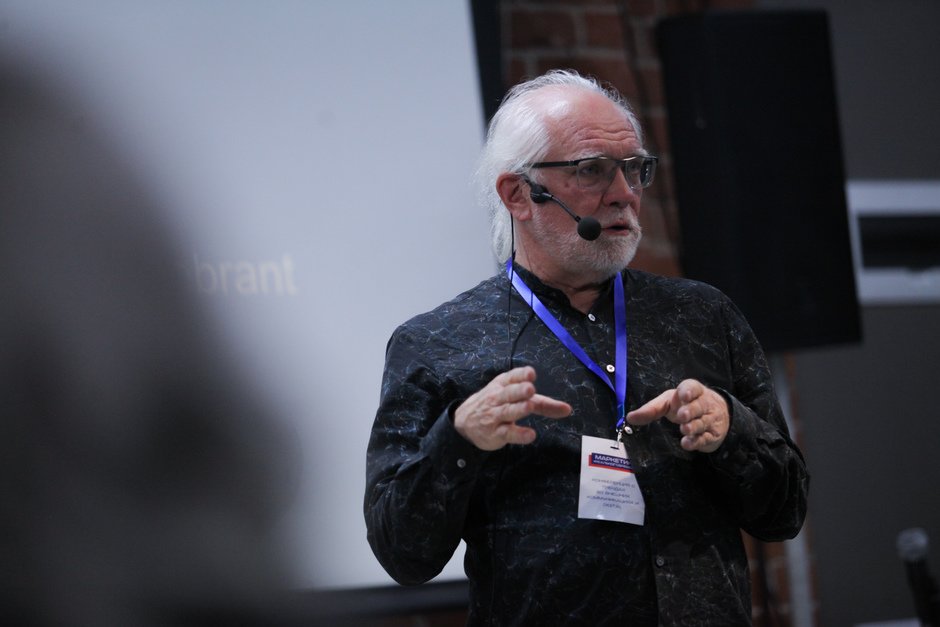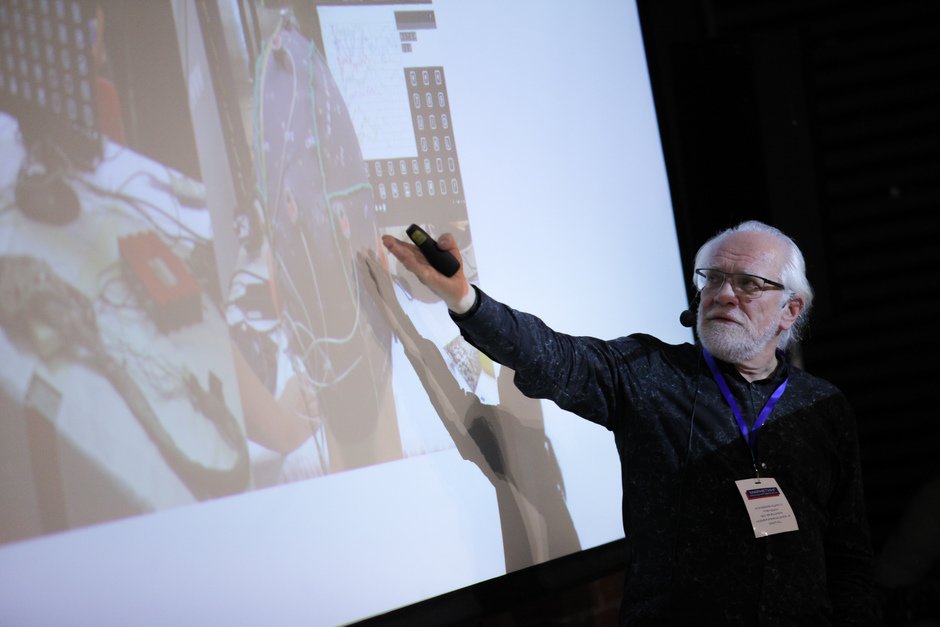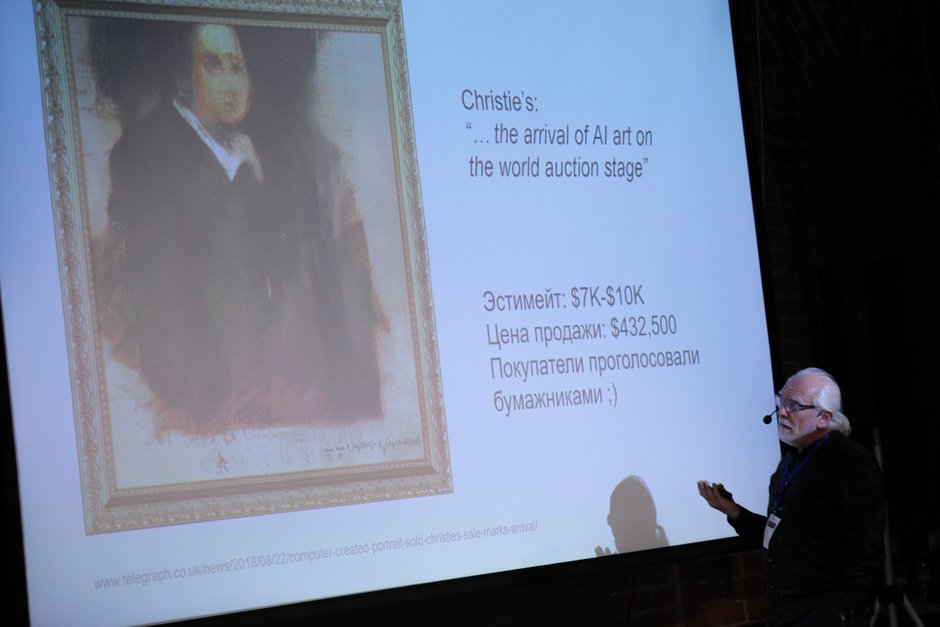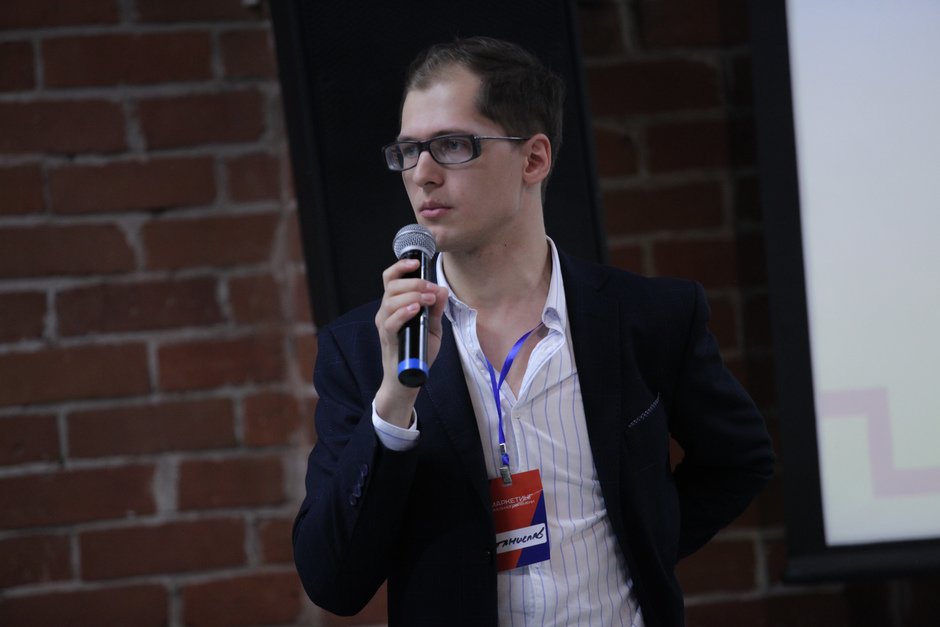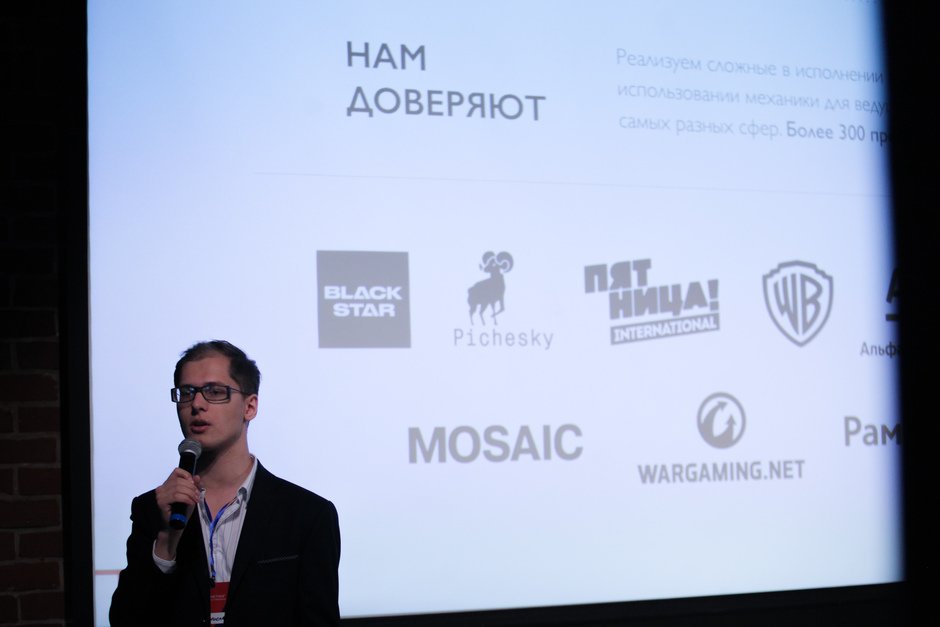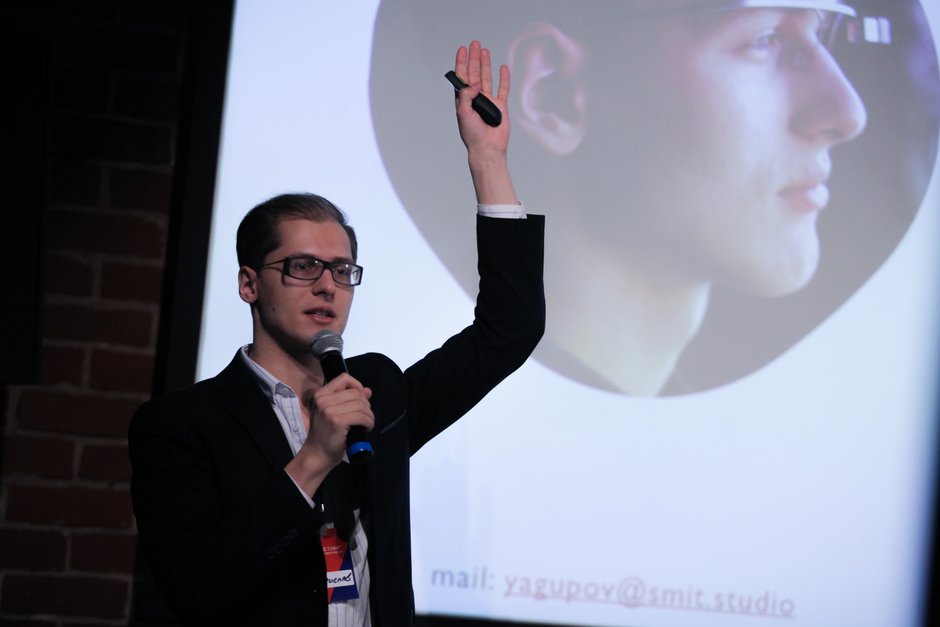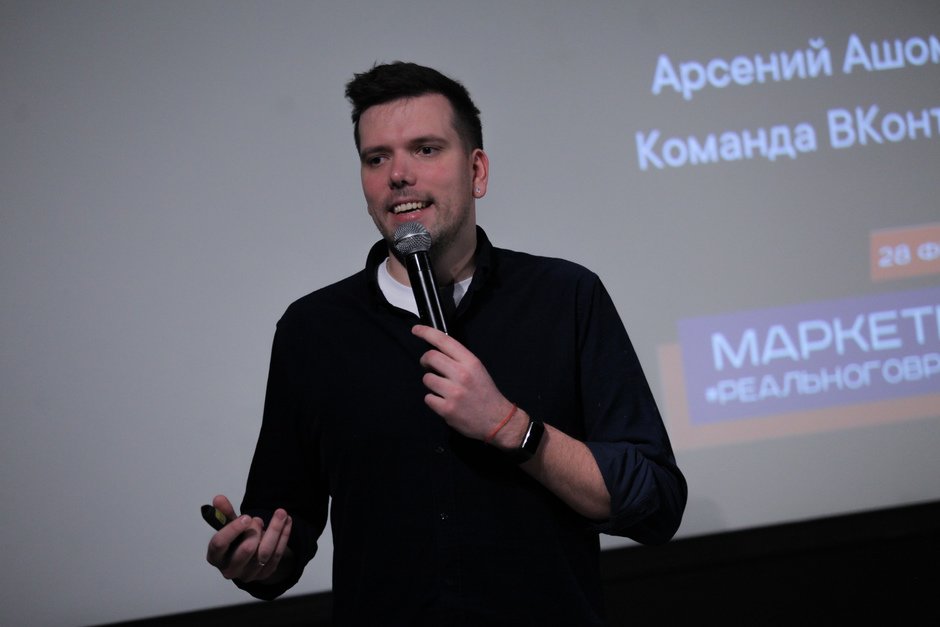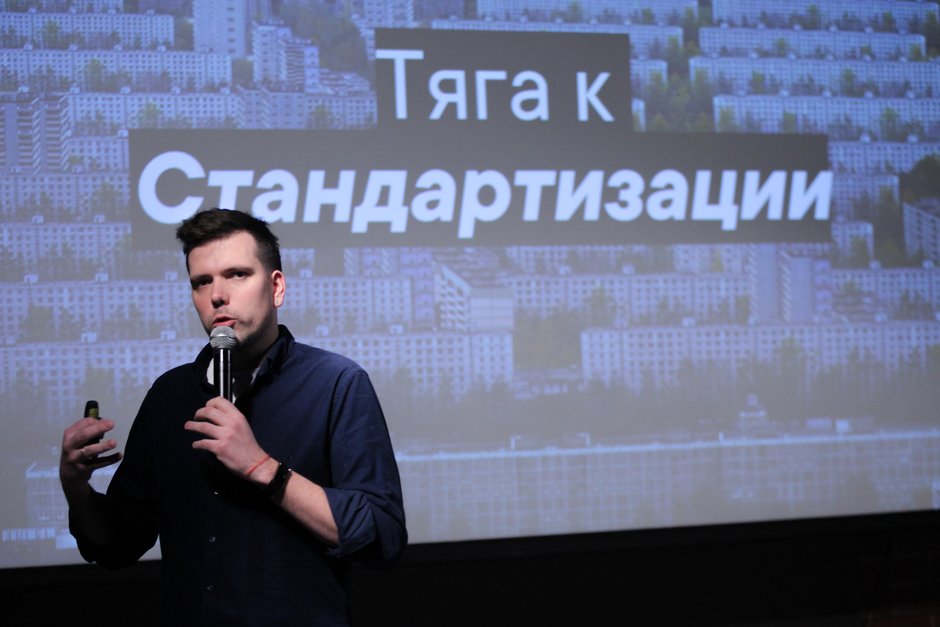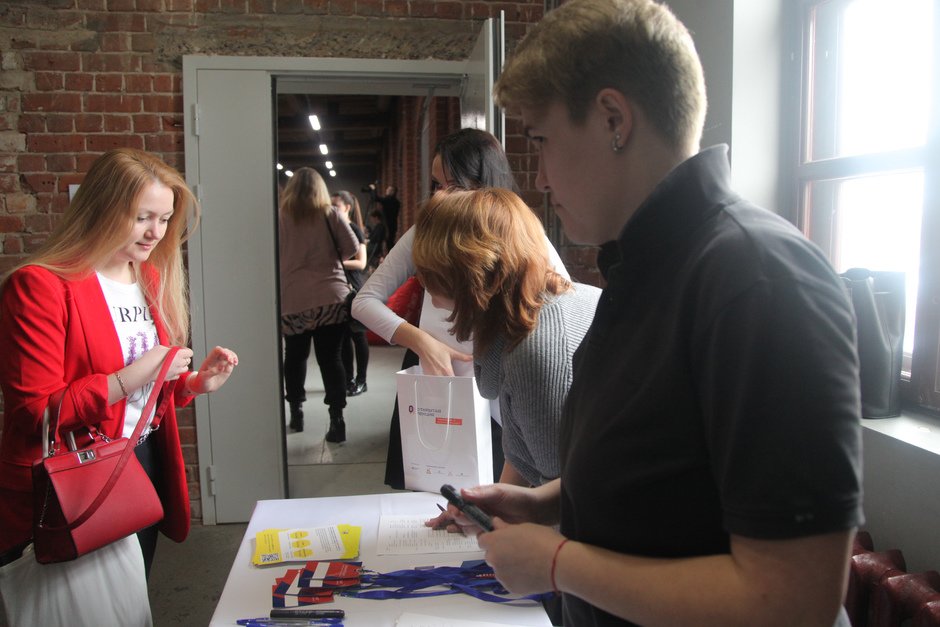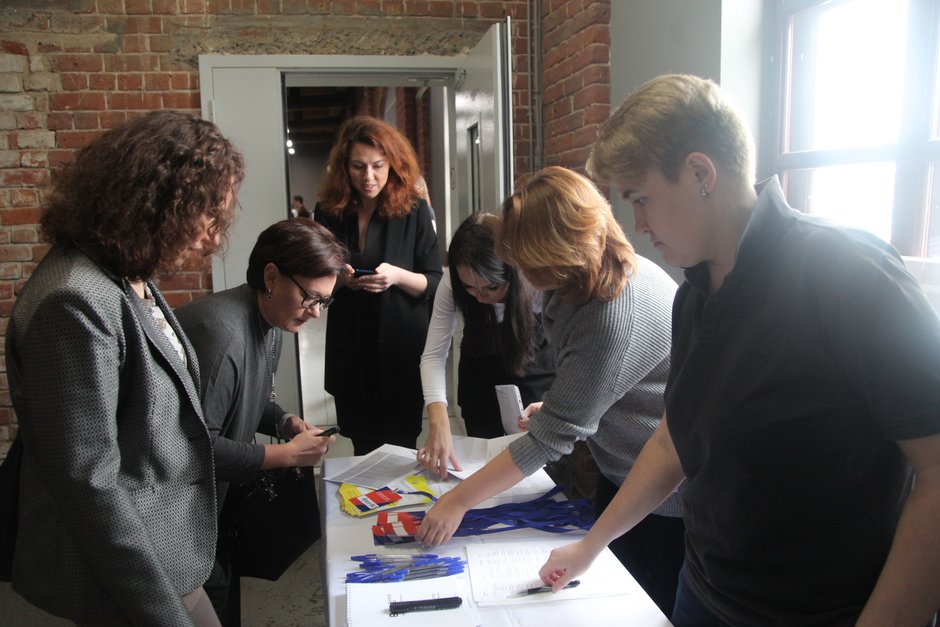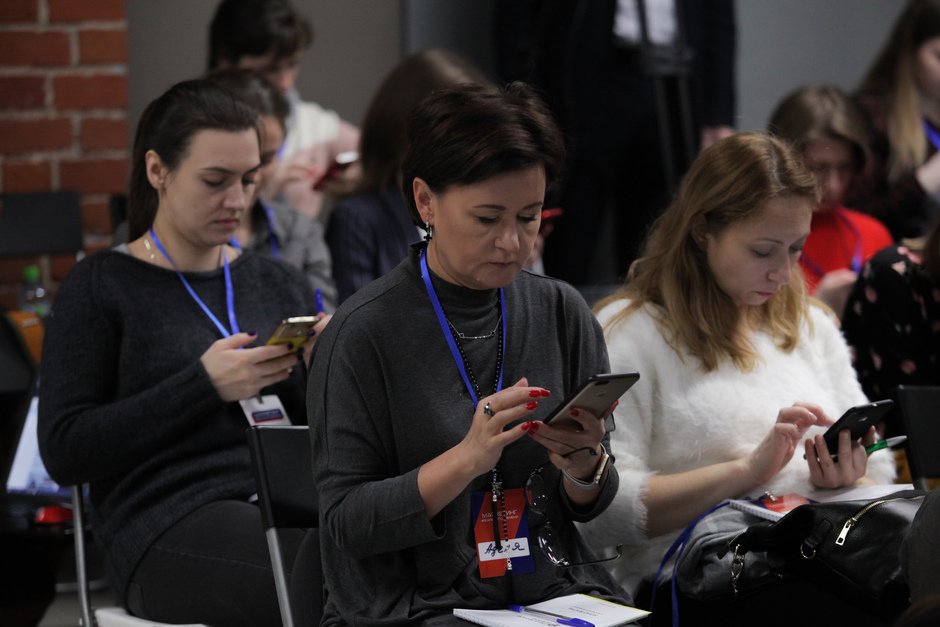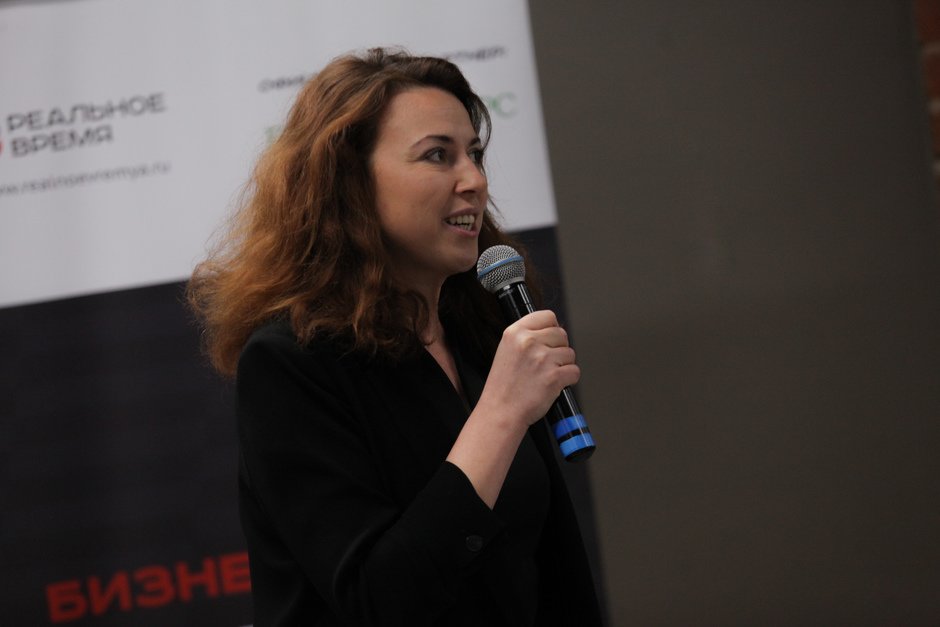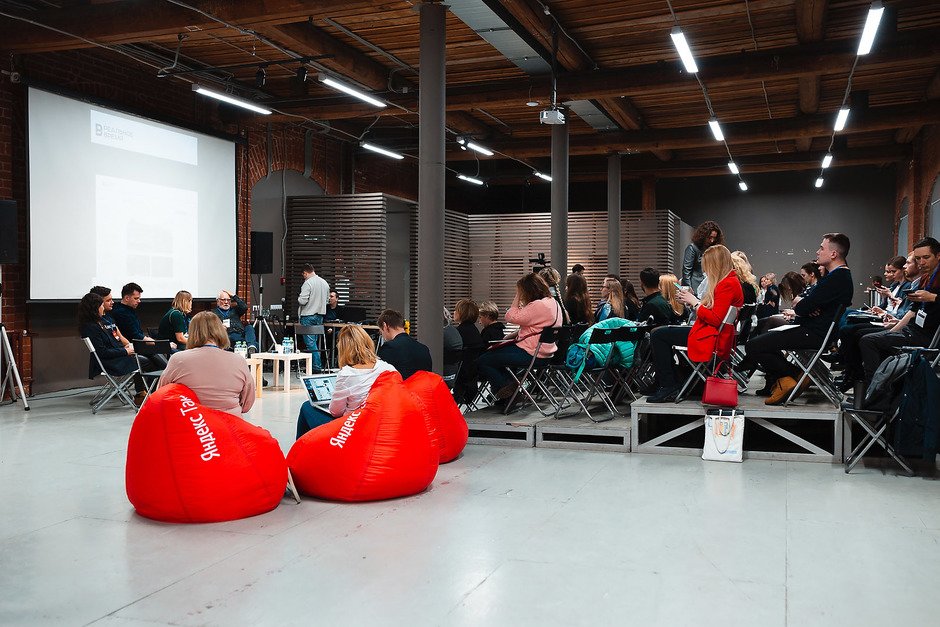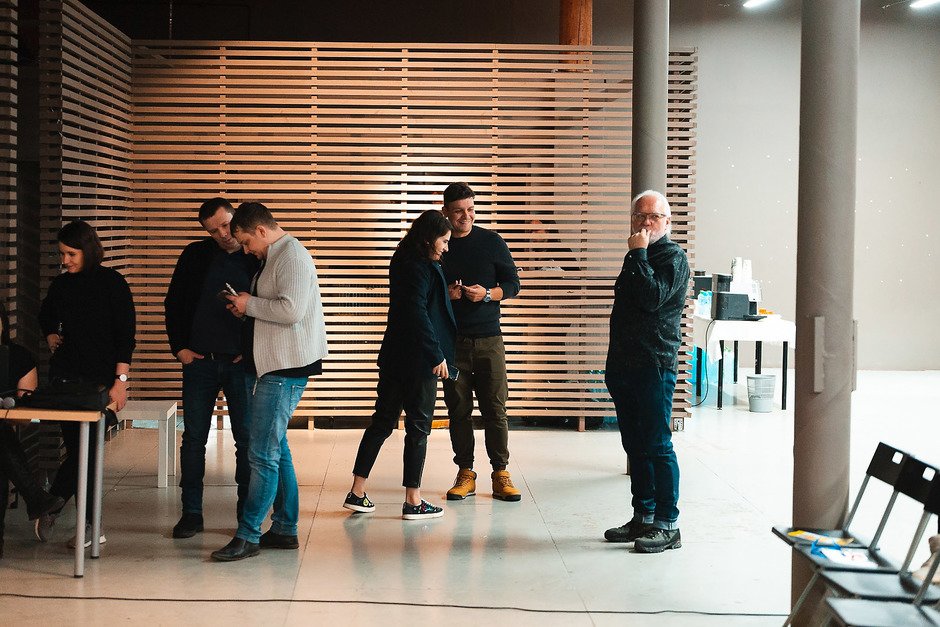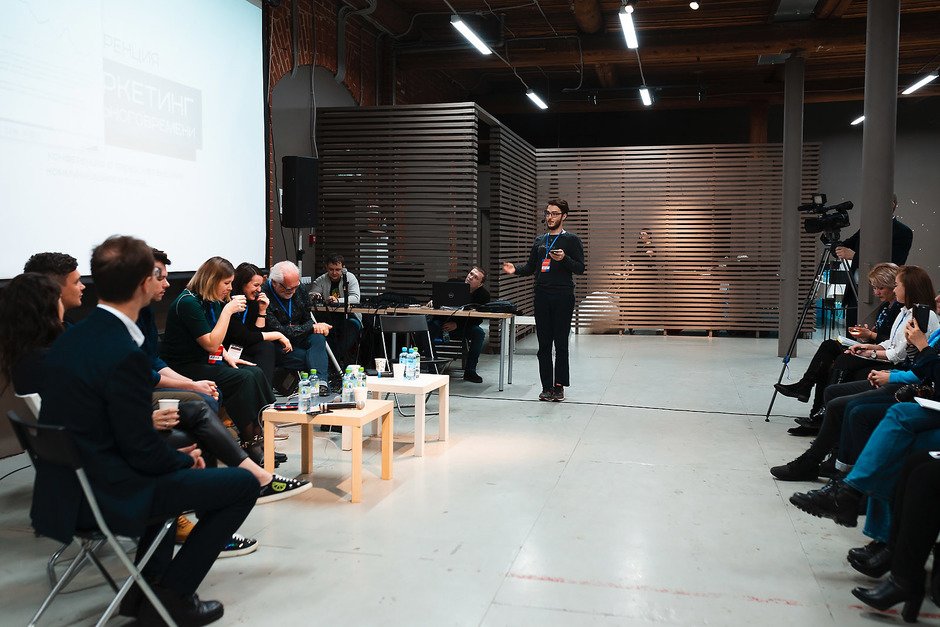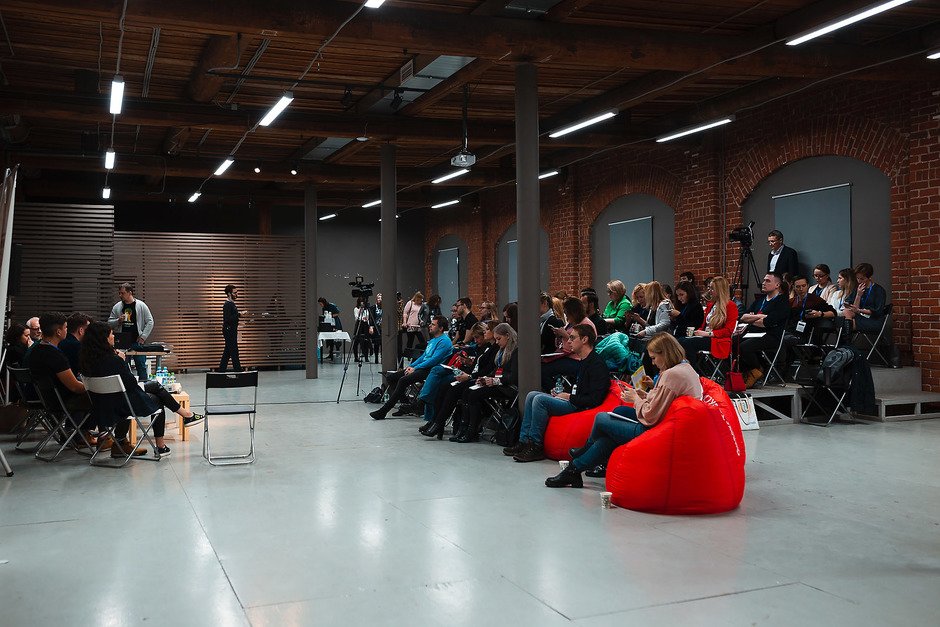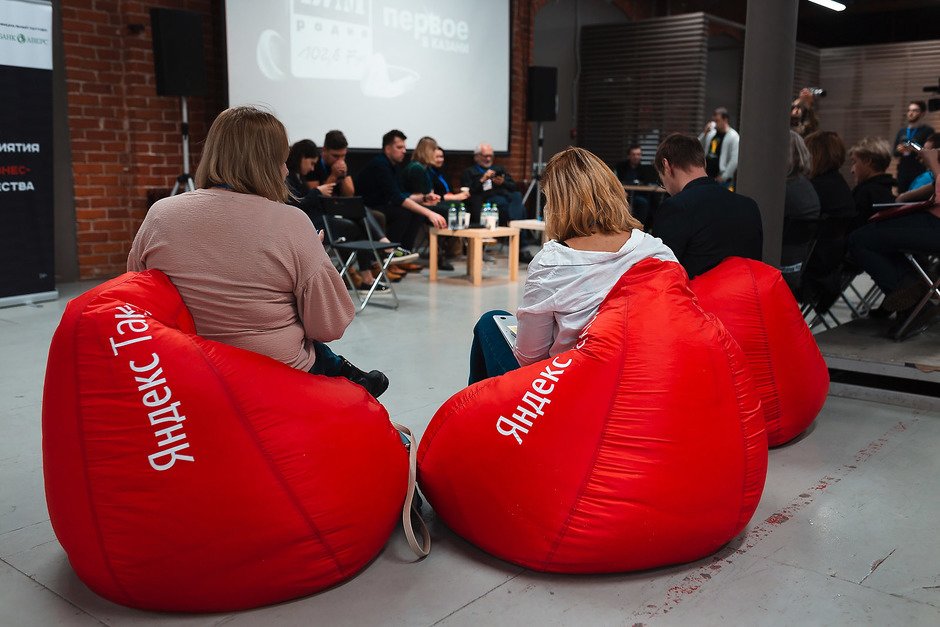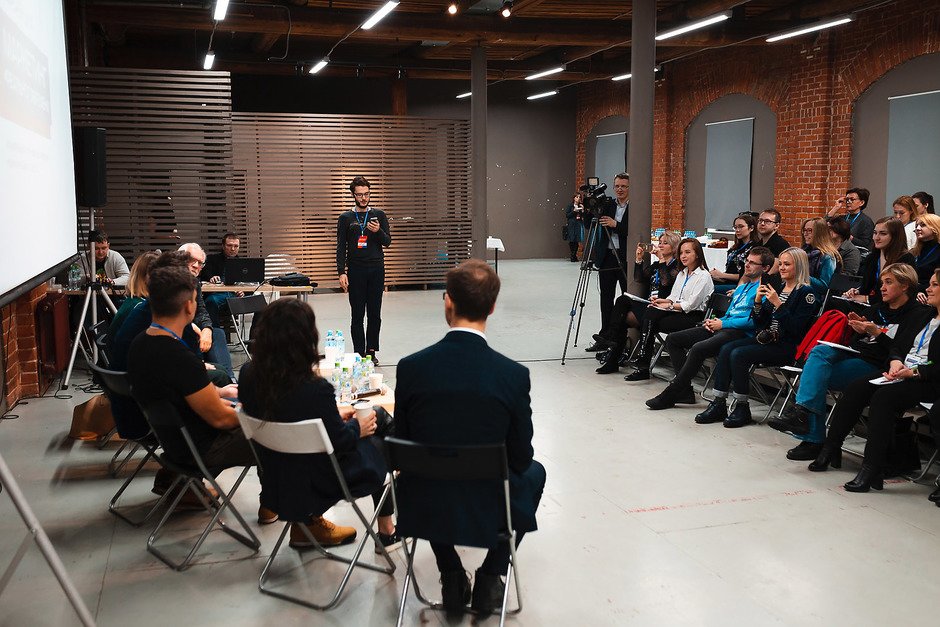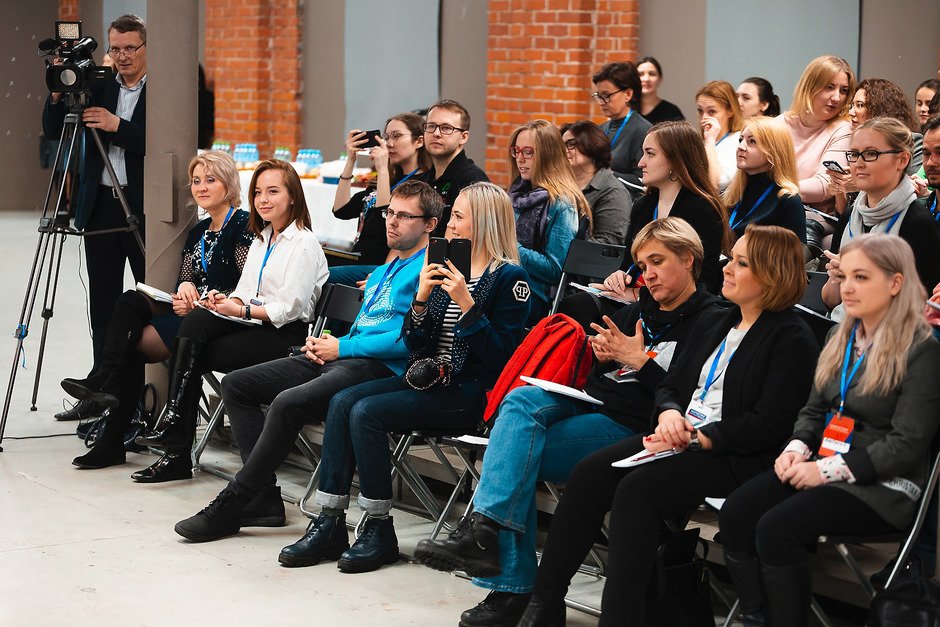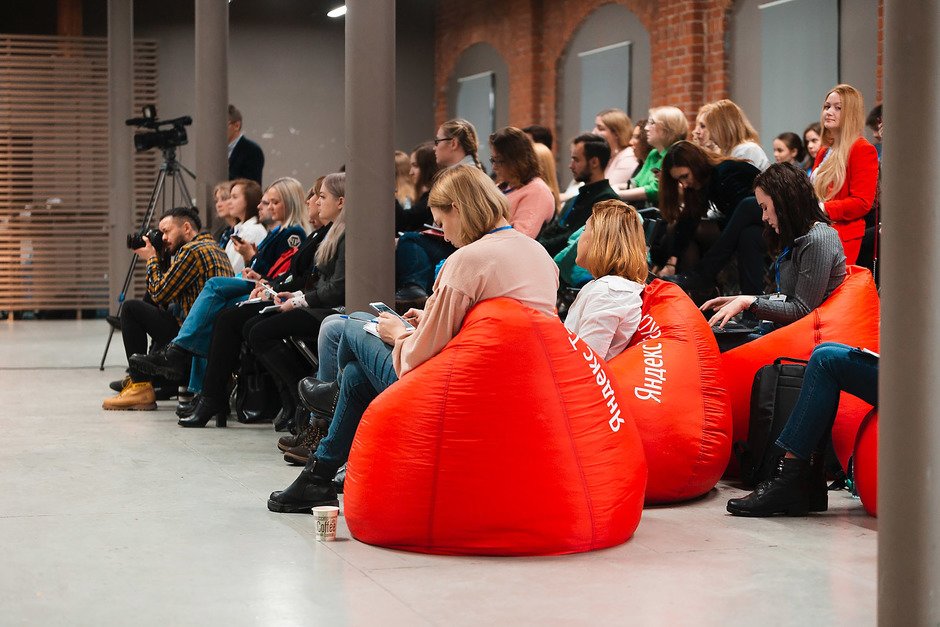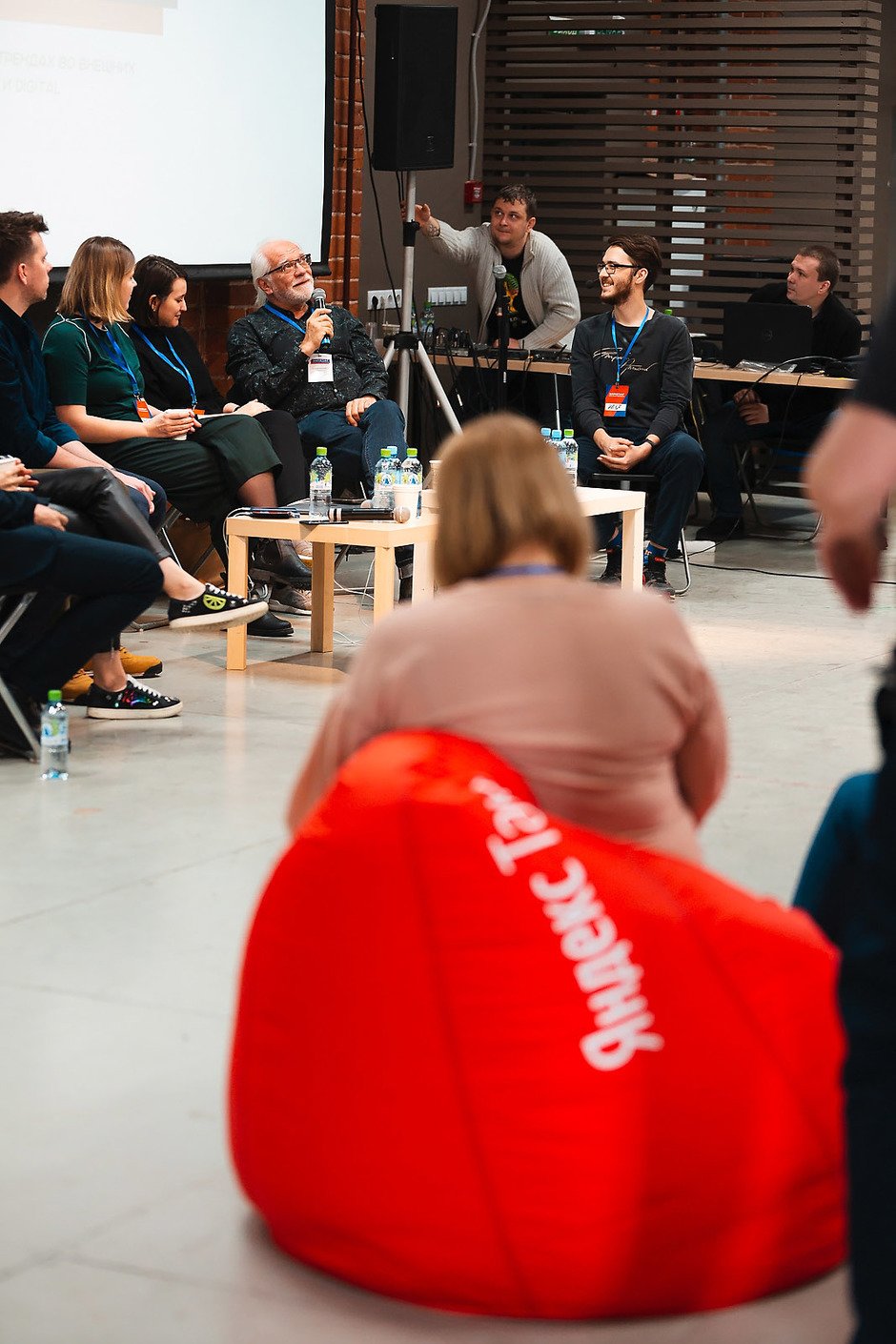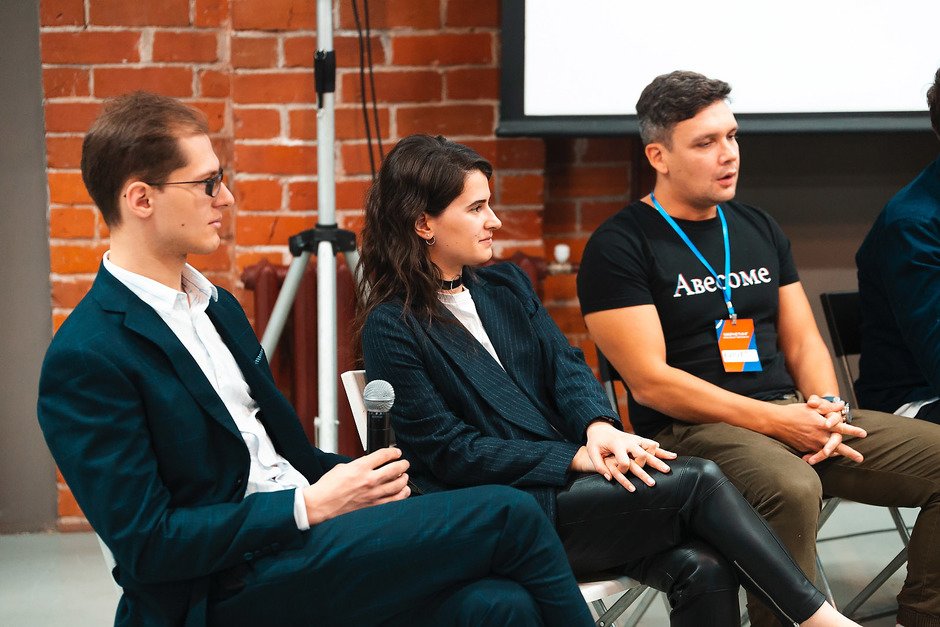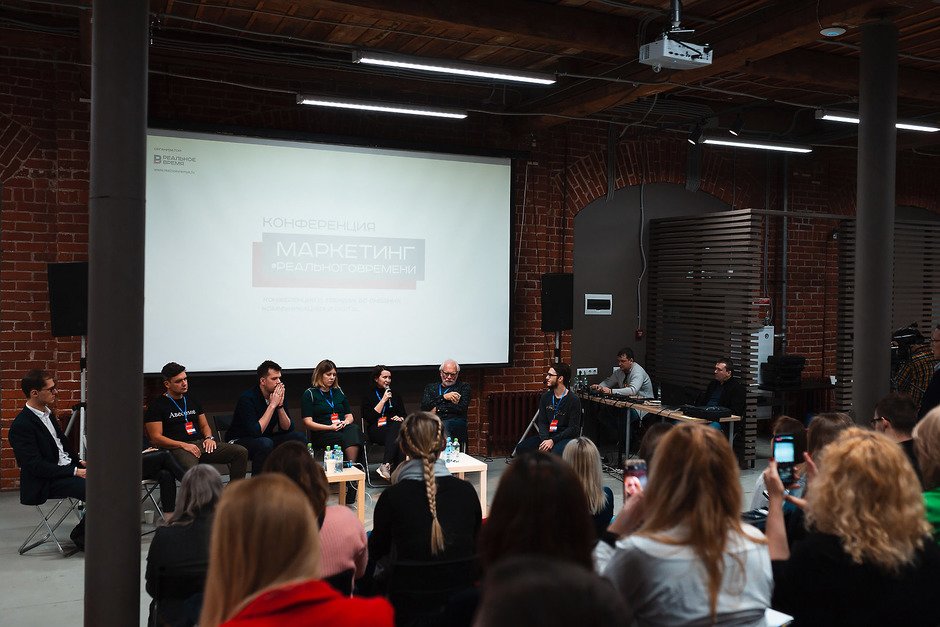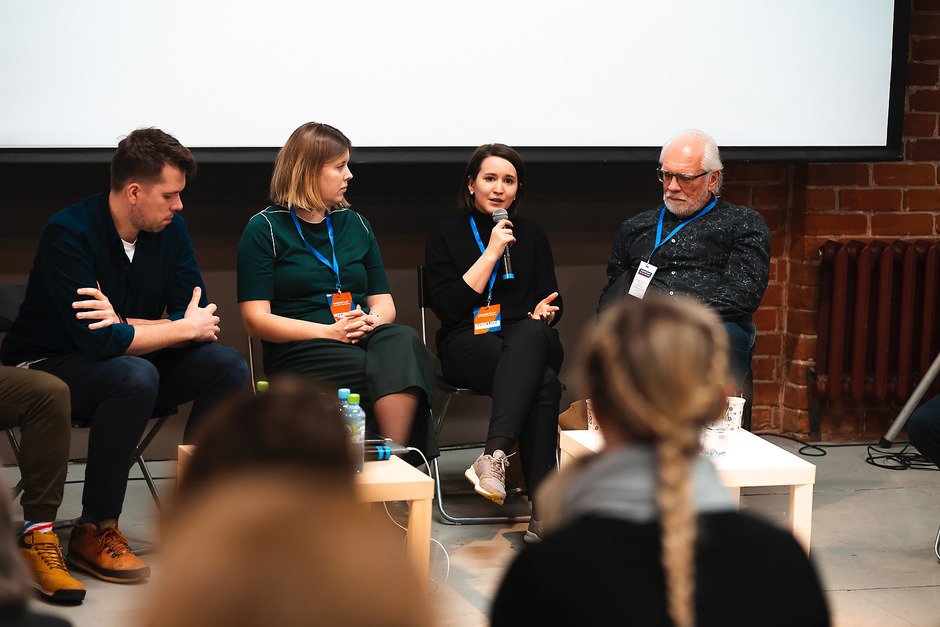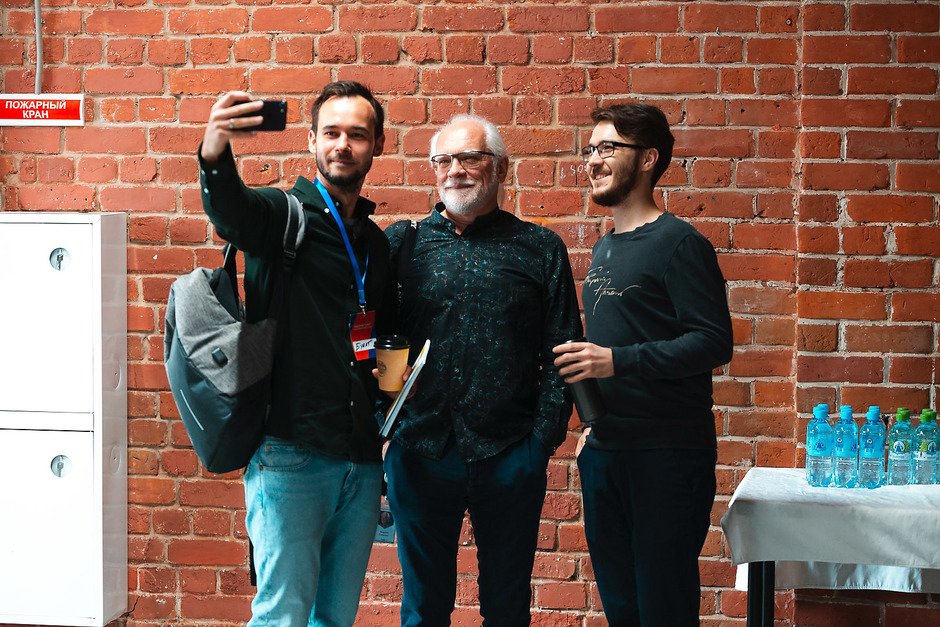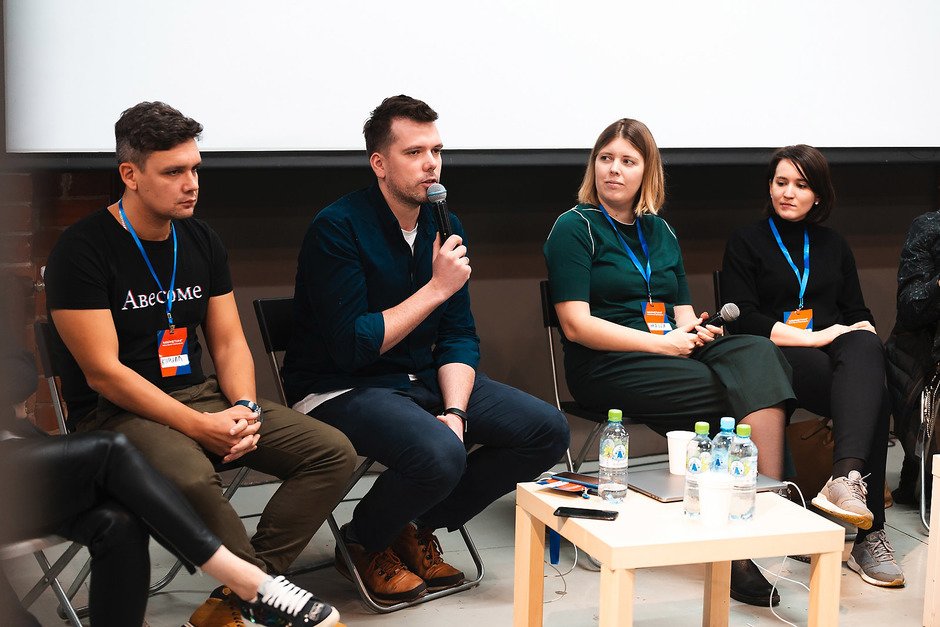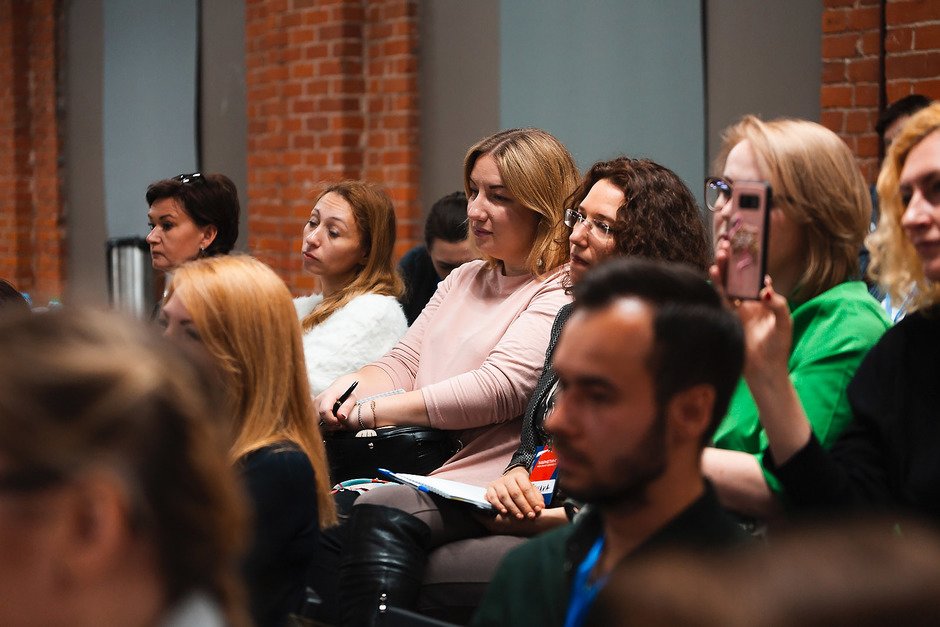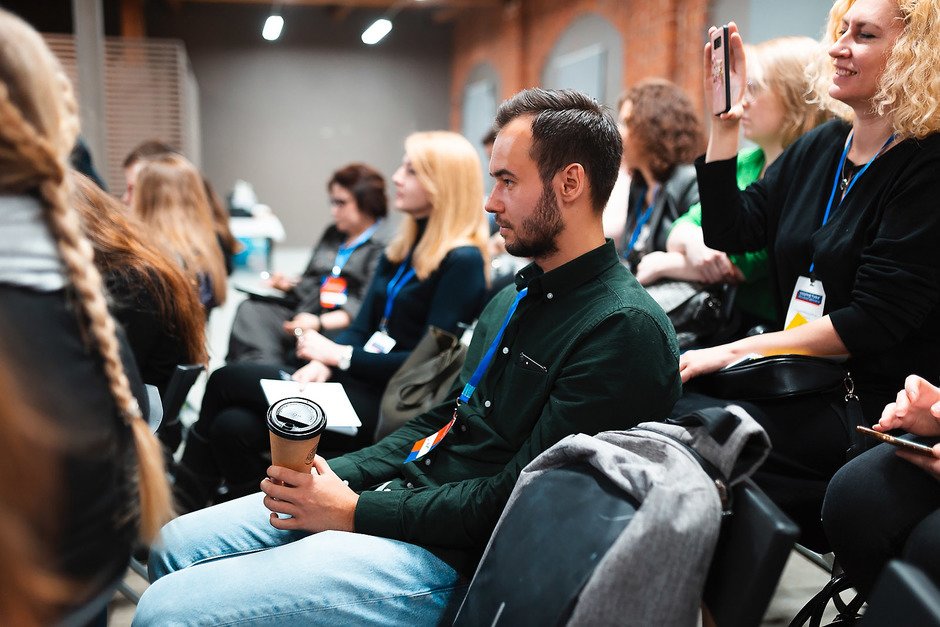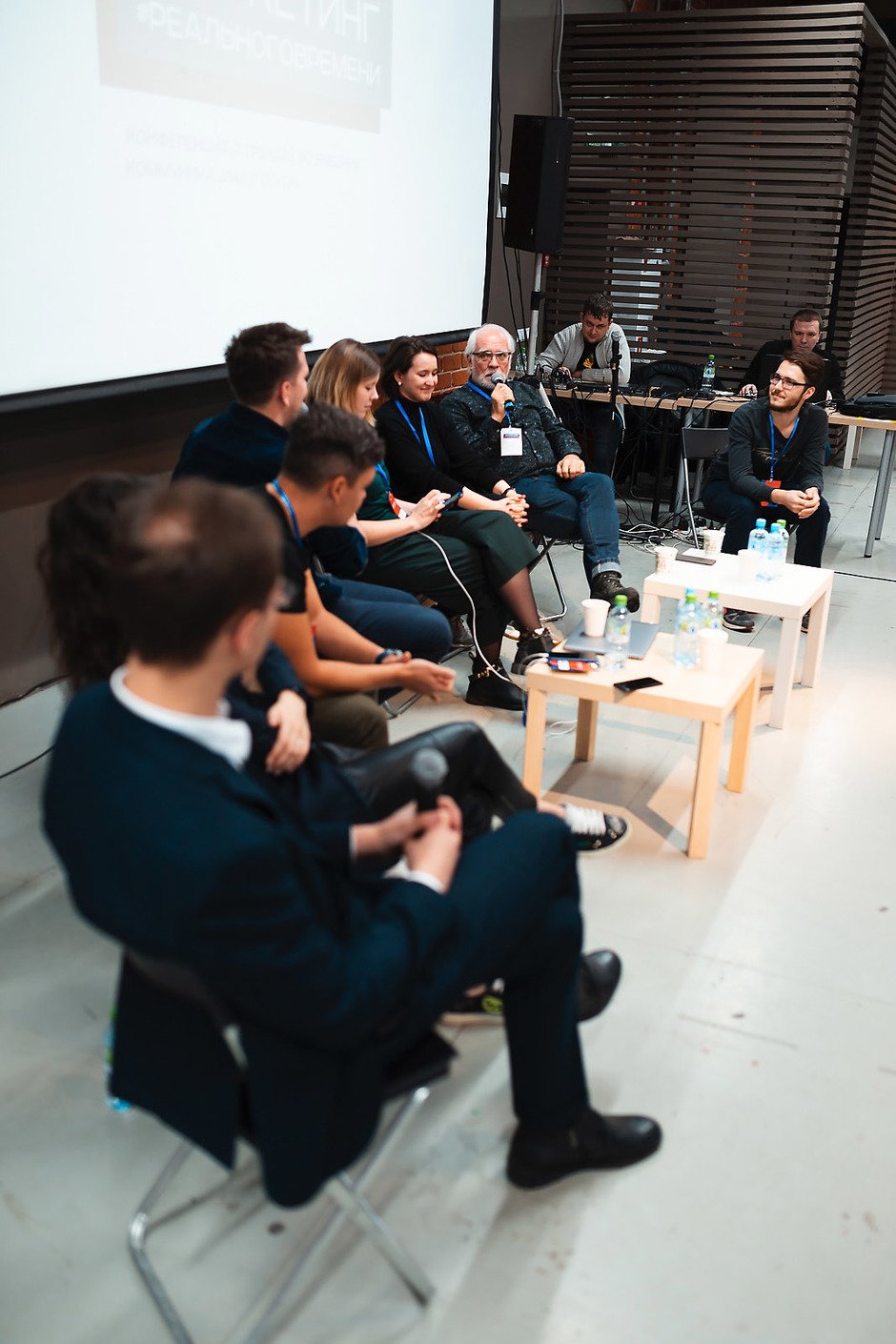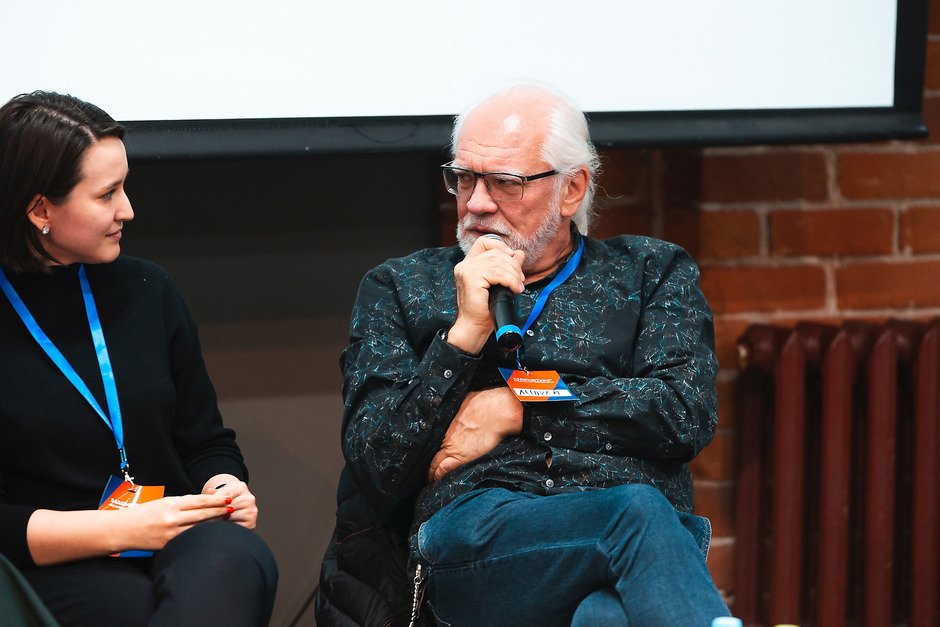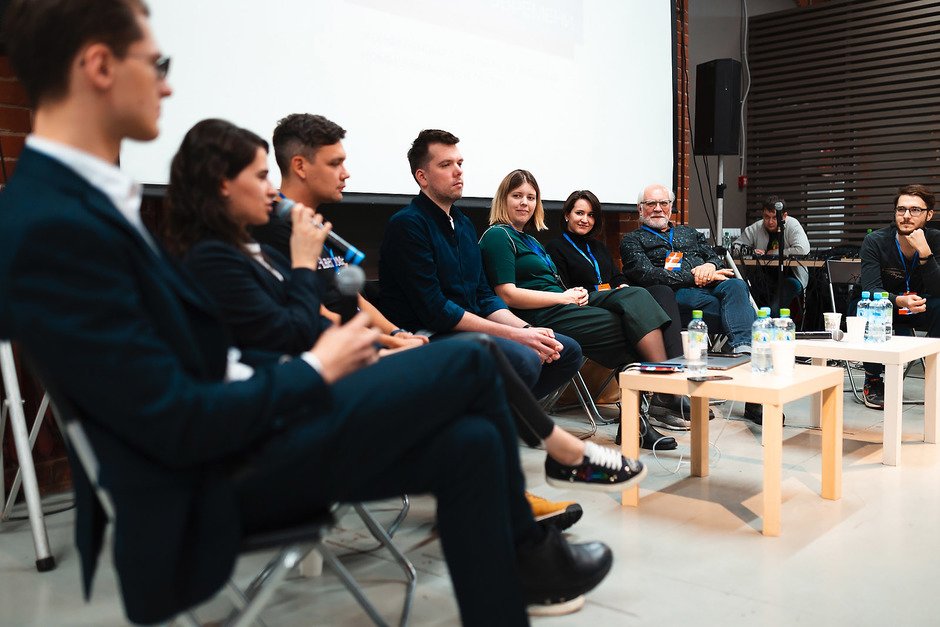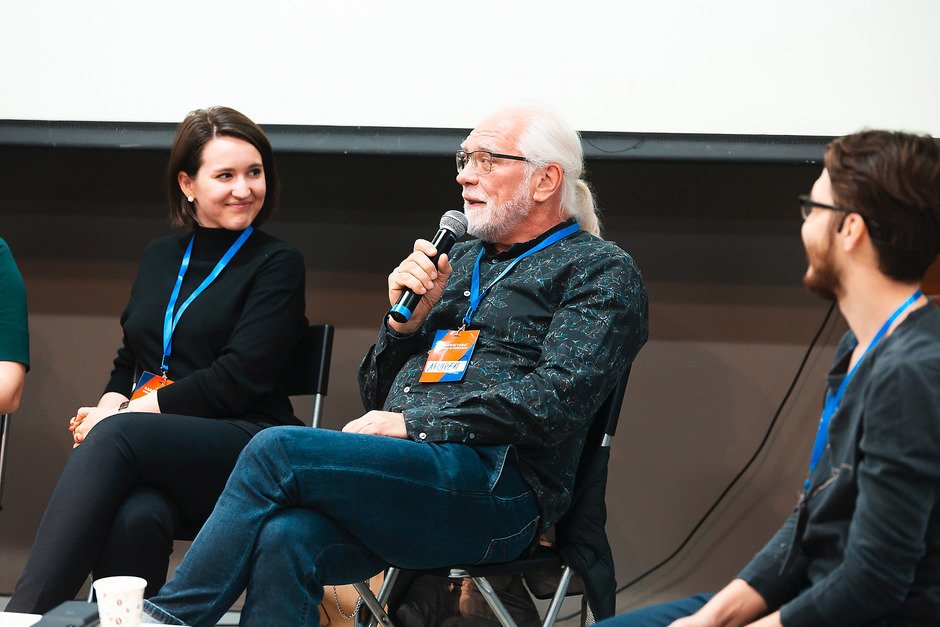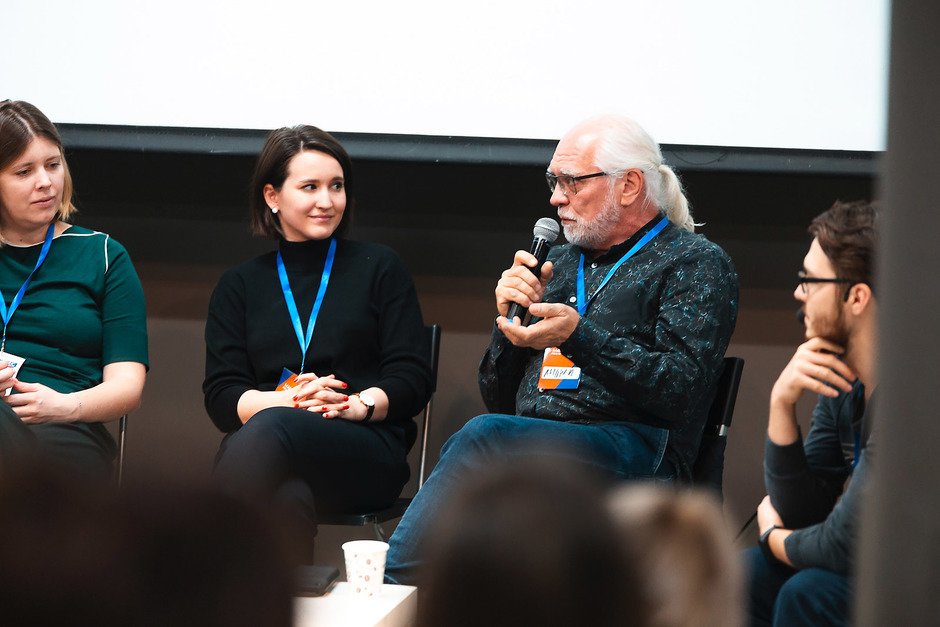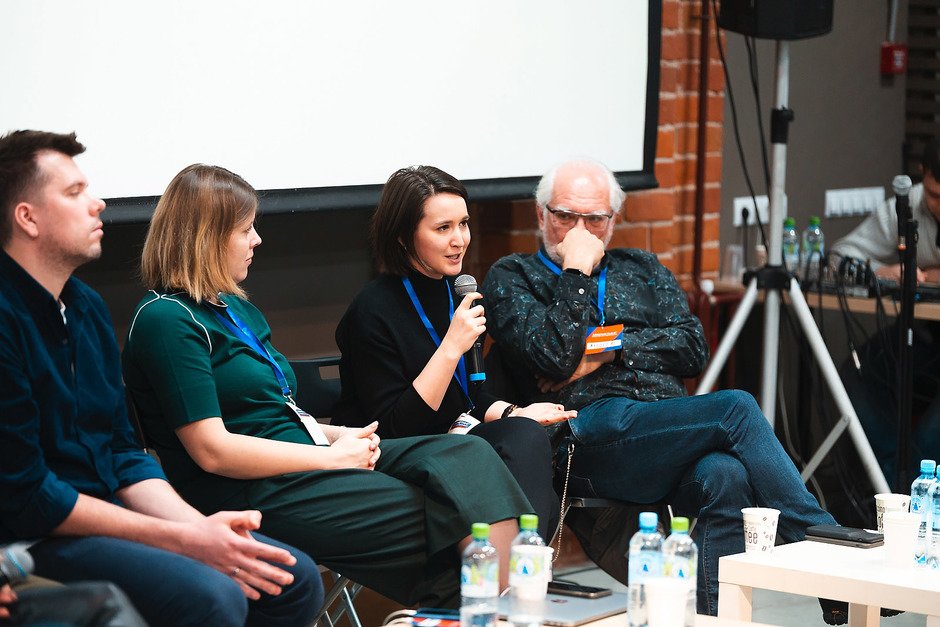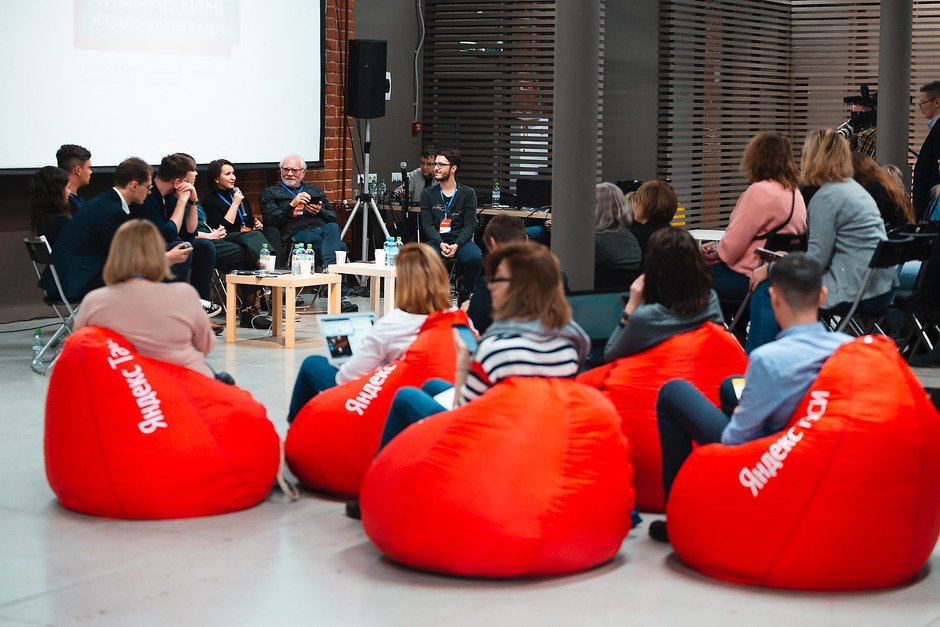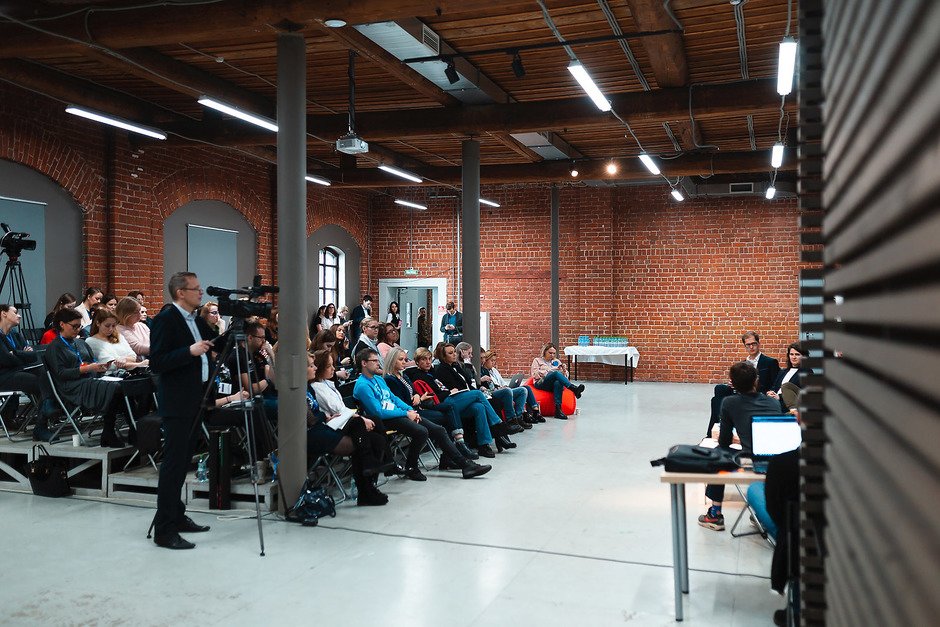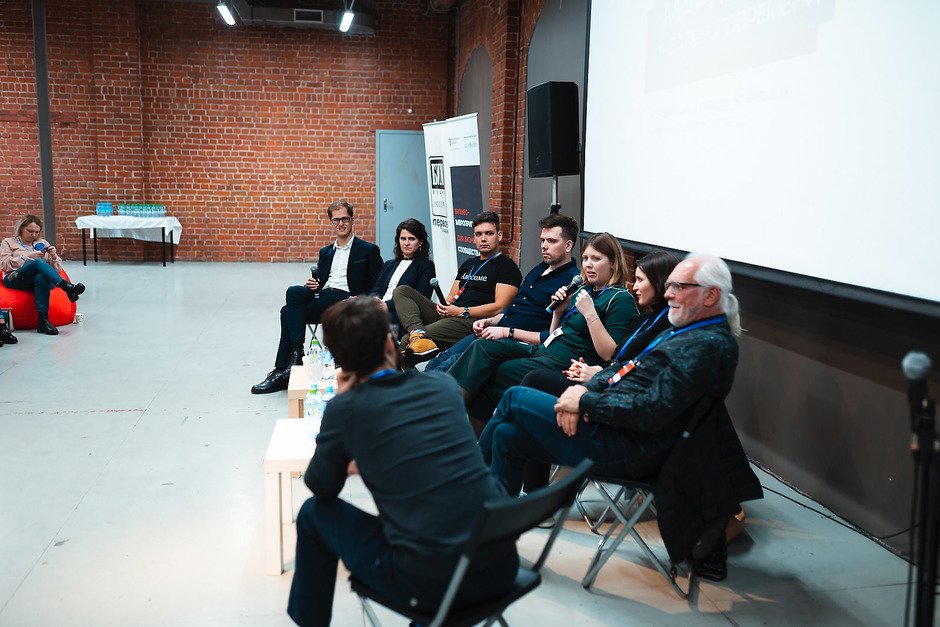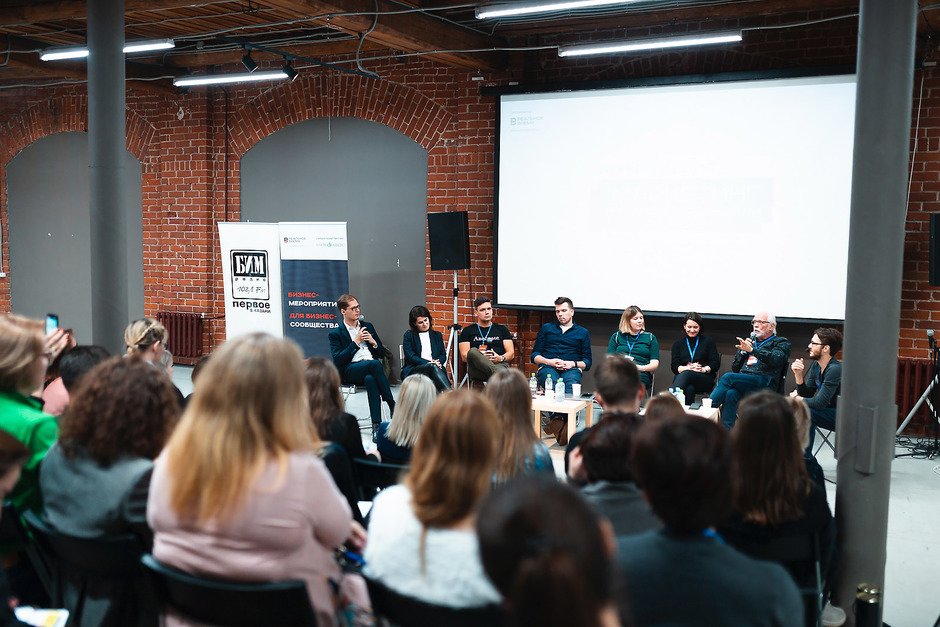''When neural networks replace guards, 10 million aggressive men of dangerous class will be released''
The future of artificial intelligence became the subject of the plenary discussion of Marketing of #RealnoeVremya
The conference on trends in external communications and digital 'Marketing of #RealnoeVremya' took place at Smena contemporary culture centre on 28 February in Kazan. Leading experts of the industry — specialists of Yandex, Vkontakte, founders of Mediabitch and LabelUp platforms, heads of Vinci Agency and SMIT.Studio escaped to Kazan for one day. Speakers of the conference in informal surrounding talked about the introduction of neural networks and elements of artificial intelligence in everyday life, including in the life of marketers and PR specialists, the unpopularity of the Russian language and the ''laziness of consciousness'' inhibiting a techno-revolution, and whether it is time for SMM specialists to retrain. Read more in the report of Realnoe Vremya.
''Look at what your audience reads: publications or algorithmic feed?''
The first speaker was director for strategic marketing at Yandex Andrey Sebrant, who immediately invited the moderator to put the question a little differently. The professions of PR specialist, marketer and even press secretary are not going to disappear for a long time, however, according to the speaker, everyone will still have to retrain. In the form in which these directions exist now, in the current realities, they ''are losing weight'' day by day by all criteria of efficiency.
''You may not be replaced by neural networks, but people who are used to communicating with journalists and agreeing on the publication of press releases in some publication may lose the opportunity to do so. Not because they will be pushed by neural networks, but because the publications ceased to exist in the form in which they had existed before. Just look at what your audience reads: publications or algorithmically generated feed of no matter what — social networks, Yandex.Dzen, anyone?'' Sebrant said. ''So the question is: if you want to get into the field of view of your readers, whom should you work with — with artificial intelligence or editor?''
Andrey Serbant: ''Indeed, the Russian language is not needed in the world, an example of Siri and its answers, which sometimes cause surprise. But Russia has its own world-class companies: it is not only Yandex, it is Speech Technology Centre, Mail.ru Group, which are able to do quite intelligent things with the Russian language,'' insisted Andrey Sebrant. ''Linguistic technologies are one of the few things in Russia at the world level.''
''We were joking before the discussion that the only thing that artificial intelligence will not be able to do now is to register on the supplier portal of Moscow, or to submit a declaration to the tax service, because the technologically verified tool here is powerless,'' founder and editor-in-chief of the portal about PR Mediabitch Rozalia Kanevskaya said ironically.
Being ''on the other side of the barricades'', on the side of the journalistic community, Kanevskaya still confirmed the words of Sebrant: it is still very far to completely replace the content producer with artificial intelligence, but some of the functions are already in the field of technology. Therefore, the skill of a PR person now is to create such a unit of content that the audience would like to open, read to the end, and at best comment and ''share'' in social networks. Speaking about the forced adaptation of the media to the new realities of ''smart news feed'', the speaker gave a good example.
''I see that, for example, vc.ru followed a very interesting path: in fact, they left a very small amount of content produced by the editorial board, and at the same time people (visitors of the resource) were technically given the opportunity to publish whatever they want. The only question is whether they will see it or not. That is, it is not a problem today to publish, the problem is to cause interest,'' the expert explained.
Rozalia Kanevskaya: ''It is not a problem to publish today, the problem is to arouse interest''
Maria Lapuk, the founder of Vinci Agency (in the past — the press secretary of MTS, Odnoklassniki, the venture fund of the FRII and the consultant of the PR service of Innopolis) put an end to the question of the degree of penetration of automated technologies. She reminded the guests of three main directions of PR: strategy, production and distribution of content, saying that it is too early to talk about the widespread introduction of neural networks, and she sees any significant attempts on their part only in distribution. Today, the market does not have enough reliable algorithmic systems or strategic planning of campaigns, or the creation of unique content.
''From the point of view of content production in the next five years, we will not see 'super solutions'. But in the future ten years, taking into account what China is testing, we will see automated production as well. In terms of strategy, I don't really believe that people can be replaced. Perhaps, the technology of artificial intelligence will make some grandiose leap, but I do not see any prerequisites for the replacement of a person in the field of quality work. It doesn't mean that it won't be, it means that not now,'' Maria Lapuk emphasized. ''The man did not want to walk and invented the wheel, but the wheel is not the legs from the point of view of the technological process.''
''Our language, dear friends, is of no use to anyone except 150 million people''
After a short pause, perhaps one of the most eloquent and shocking experts of Marketing of #RealnoeVremya in 2019, director for the development of media products Vkontakte Arseny Ashomko took the floor. The speaker gave a very non-optimistic forecast of the transition to automation of advertising market, focusing rather on the social aspects of the introduction of neural networks.
Arseny Ashomko: ''Whether it will happen that artificial intelligence will begin to replace people? I'm afraid maybe not. Look: when they will replace drivers, security guards, sitting on the walk-through, copy of your passport information with a pen in a notebook — in this moment 10 million aggressive men of the underworld will be released, and at this moment the progress can stop.''
Will artificial intelligence replace marketers? Yes, of course, Ashomko immediately said. But when is the big question. The guest of the conference of Realnoe Vremya voiced three reasons for the possible delay. The first, as it is banal, became ''laziness of consciousness''. In Russia, according to the speaker, it is quite difficult to introduce even ''superbase'' technologies, not to mention the elements of artificial intelligence. To illustrate his thesis, he suggested that the audience try to offer the director of any plant to replace the bloated marketing department with a neural network and see what happens.
''The second story that probably protects us is that probably those things that are related to linguistics and work with the word are very attached to languages, and our language, dear friends, no one needs except 150 million people. I doubt that we will this evolution soon,'' suggested Arseny Ashomko. ''Third, the most important thing is for this thing to work, it needs to be trained. Sorry if I upset someone, but purely my personal opinion: in Russia, education in the field of marketing, PR does not exist. We can't teach people, but you want us to teach the neural network.''
The sharp statements of the expert of Vkontakte immediately caused a heated discussion — and in the hall, and on the rostrum, where the experts were sitting. The opponents decided not to argue with Ashomko in terms of statements about the level of education or about the inability of companies to quickly digest the technology. But the whole discussion gave rise to a language issue.
''Yes, there are nuances of the language, it is difficult to argue with this. But in general, it seems to me that artificial intelligence will still be quite international in terms of approach, namely mechanics and technologies. If artificial intelligence really appears in any country, it will quickly go to all languages of the world,'' said Maria Lapuk.
Maria Lapuk: ''It seems to me that artificial intelligence will still be quite international in terms of approach, namely mechanics and technologies. If artificial intelligence really appears in any country, it will quickly go to all languages of the world''
''I will support Masha, only for another reason. Indeed, the Russian language is not needed in the world, an example of Siri (cloud personal assistant in Apple's iOS) and its answers, which sometimes cause surprise. But Russia has its own world-class companies: it is not only Yandex, it is Speech Technology Centre, Mail.ru Group, which are able to do quite intelligent things with the Russian language,'' insisted Andrey Sebrant. ''Linguistic technologies are one of the few things in Russia at the world level.''
''The issue of introduction of artificial intelligence is not only technological. Whether it will happen that artificial intelligence will begin to replace people? I'm afraid maybe not. Look: when they will replace drivers, security guards, sitting on the walk-through, copy of your passport information with a pen in a notebook — in this moment 10 million aggressive men of the underworld will be released,'' said Arseny Ashomko. ''At this point, all progress can stop, and this is much more likely.''
Stanislav Yagupov: ''No matter how smart our chatbots are, no matter how long we teach them, there are always situations when you come to the chat or comments and write to a person that you need to press this button to open this window. That is, explain with ''hands'', using a living language''
''The end user is lazy to use means of automation''
The panel discussion was continued by Kirill Borisov, CEO and co-founder of the influencer marketing platform LabelUp. In terms of creating content for influencers there is even no hint for automation, he admitted, but with the distribution things are better: LabelUp — and there is the same platform that automates the distribution of advertising content and has achieved some success in this. However, according to the speaker, there are points in which to make the process more technological is not yet possible even in the wildest dreams.
''Even at such a simple level as the transfer of the brief to a large number of influencers, there are human problems. It is too early to talk about global solutions with artificial intelligence. So I'm going to defend the present: let's just learn how to work with basic services, which still causes enormous pain. Why is the market of advertising agencies still growing? Because the end user is lazy to use automation tools, which are created for him,'' concluded the expert.
Founder of SMIT.Studio (interactive marketing in social media — dynamic covers, buttons, VK Pay, bots in conversations) Stanislav Yagupov supported the colleagues — it is appropriate to raise questions about artificial intelligence in the coming years only as instrumental solutions. And they are ''already in full swing'' used in the market, starting from the stage of information distribution and ending with the creation and selection of topics for content. But PR is primarily communication, which is difficult to algorithmize. The neural network is only learning in this area at the moment.
''We understand that in our work, no matter how smart our chatbots are, no matter how long we teach them, there are always situations when you come to the chat or comments and write to a person that you need to press this button to open this window. That is, explain with ''hands'', using a living language. At the moment, no matter how well we use the tools to configure advertising platforms influencers, Yandex.Direct and other things, in any case human skills are needed. Our task now is not to compete with artificial intelligence, but to be friends with it,'' the expert concluded.
